Introduction to Becoming a FIDE-Rated Chess Player
If you are passionate about chess and want to take your skills to a competitive level, becoming a FIDE-rated player is a significant milestone. The Fédération Internationale des Échecs (FIDE) is the international governing body of chess and it issues ratings to players based on their performance in recognized tournaments. The journey from a chess enthusiast to a FIDE-rated player is exciting and challenging. This comprehensive guide will provide you with essential steps and tips on achieving this prestigious ranking.
Understanding FIDE Ratings
FIDE ratings are numeric values assigned to players to indicate their chess skill levels, calculated based on their game outcomes against other rated players. The scale goes from beginner levels of around 1000 points up to the World Champion’s 2800+ points. A major goal for many players is to reach a rating of 2200, which grants the title of Candidate Master (CM), followed by higher titles like FIDE Master (FM), International Master (IM), and Grandmaster (GM).
How are FIDE Ratings Calculated?
The FIDE ratings are calculated using a mathematical formula that considers the player's rating, their opponents' ratings, the game results, and the K-factor, which governs the sensitivity of your rating to the game result. Players earn rating points by defeating higher-rated players and lose points when losing to lower-rated players.
Registering with FIDE
The first step towards becoming a FIDE-rated player is to get a FIDE Identification Number (FIN). This can be obtained through your national chess federation, which is affiliated with FIDE. You will need to provide basic personal information and possibly a membership fee, depending on your country’s federation.
Participating in Rated Tournaments
To get a FIDE rating, you must participate in chess tournaments recognized by FIDE. These events are usually advertised as ‘FIDE-rated events’ and have to follow specific guidelines, including the employment of FIDE-accredited arbiters.
Finding FIDE-rated Tournaments
To find FIDE-rated tournaments near you, check the official FIDE website or your national chess federation’s website. Additionally, local chess clubs often have information on upcoming rated events. Joining a chess club not only gives you access to regular, structured practice but also to a community and information resource.
Tournament Rules and Etiquette
It’s important to familiarize yourself with the general rules and specific regulations of the tournaments you enter. This includes time controls, recording moves, and how to make claims or offers (like a draw). Understanding chess etiquette and maintaining sportsmanship are equally essential, as they contribute to your reputation and experience.
Improving Your Chess Skills
Becoming a FIDE-rated player requires improving your chess skills systematically. Start by mastering the basic principles of opening, middlegame, and endgame strategies. Regular practice is crucial, as is studying chess books, watching tutorial videos, and analyzing games played by top players.
Hiring a Coach
Consider hiring a chess coach who can provide tailored guidance and help you focus on your weaknesses. A coach also prepares you psychologically for tournaments and can accelerate your progress significantly.
Online Platforms and Software
Utilize online chess platforms like Chess.com or Lichess for playing, with the added benefit of tools for game analysis. Chess software, such as engines for analysis (e.g., Stockfish) and databases of historical games, can also be indispensable in your learning process.
Maintaining and Improving Your Rating
Once you achieve your FIDE rating, the challenge shifts to maintaining and improving it. Continuous learning and adapting your strategies are vital as you understand more about the game and your style. Moreover, consistently participating in rated tournaments will provide the necessary practice against similarly skilled opponents.
Conclusion
Becoming a FIDE-rated chess player is a rewarding goal that signifies a high level of skill and dedication to the game. By understanding the rating system, participating in appropriate tournaments, and steadily improving your skills, you solidify your standing in the global chess community. Remember, every grandmaster starts as an unrated player, and with commitment, so can you ascend through the ranks.
Explore our large collection of luxurious chess sets!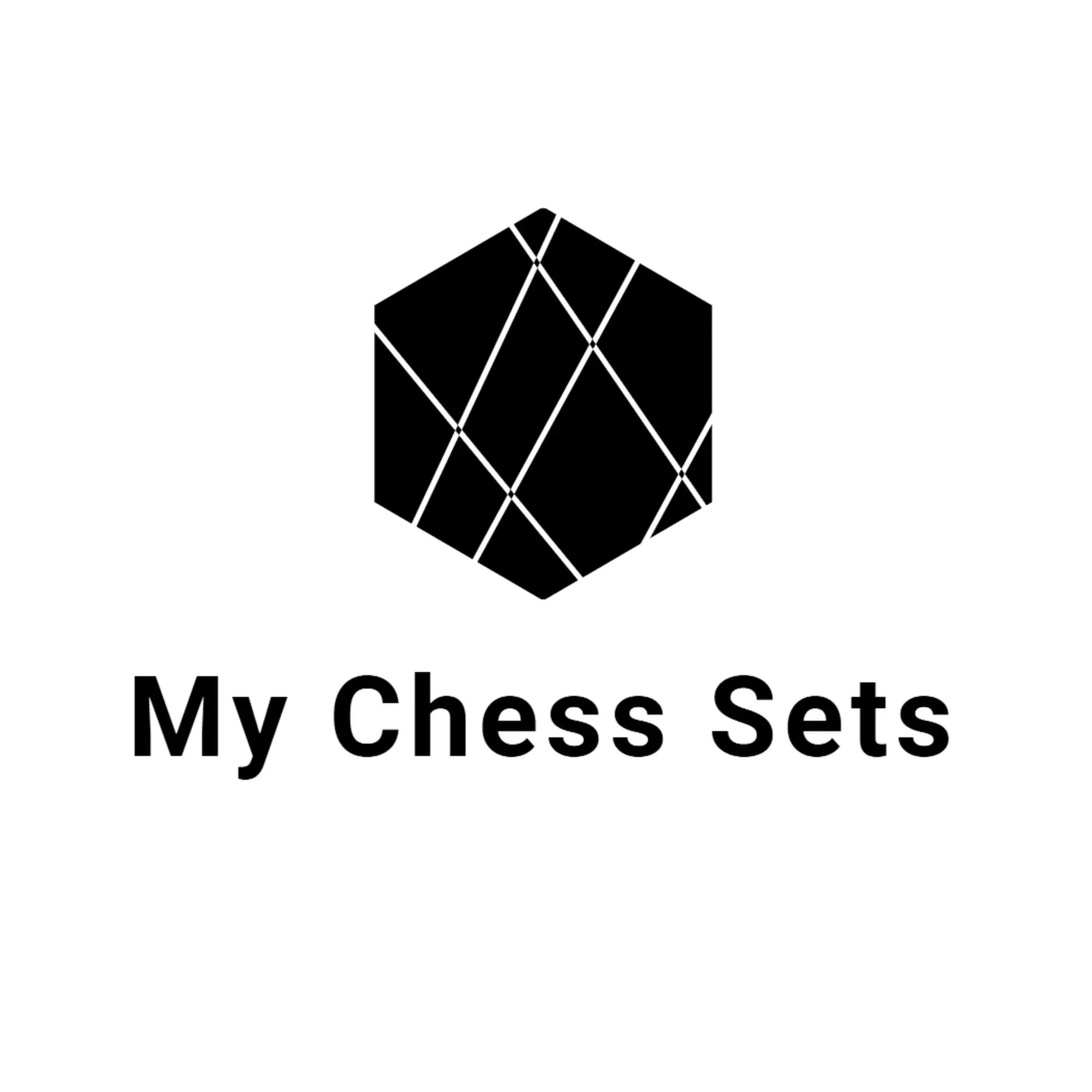


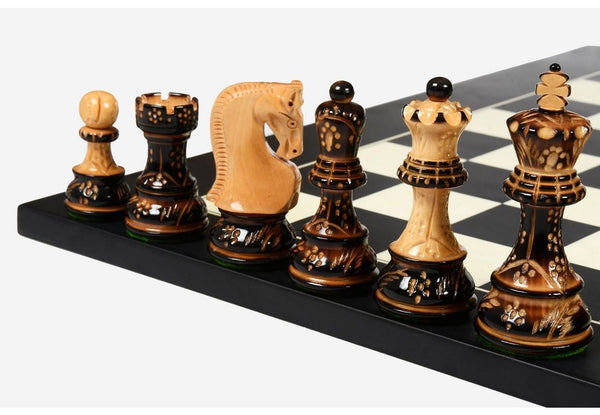
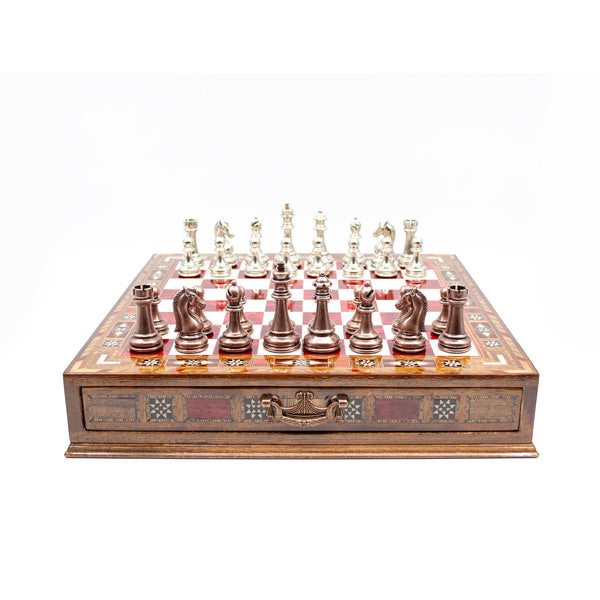
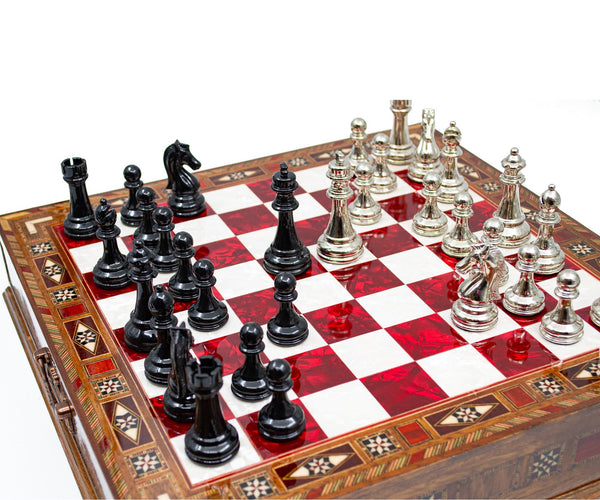
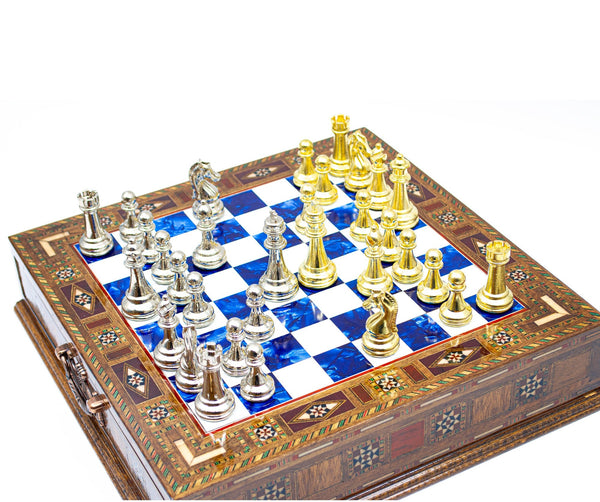
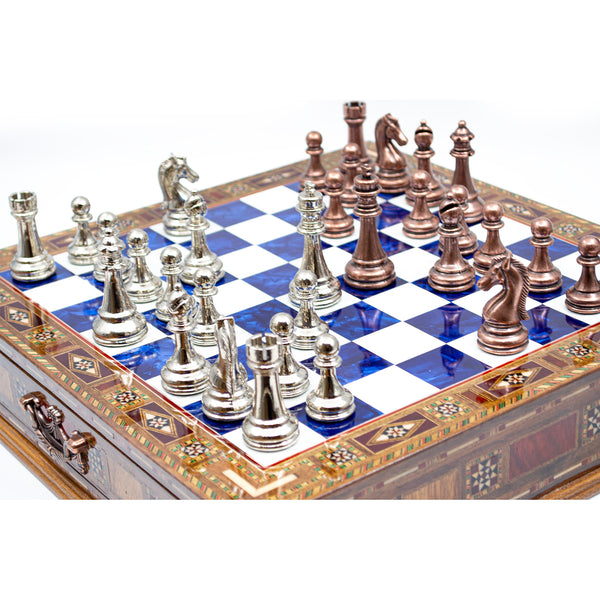
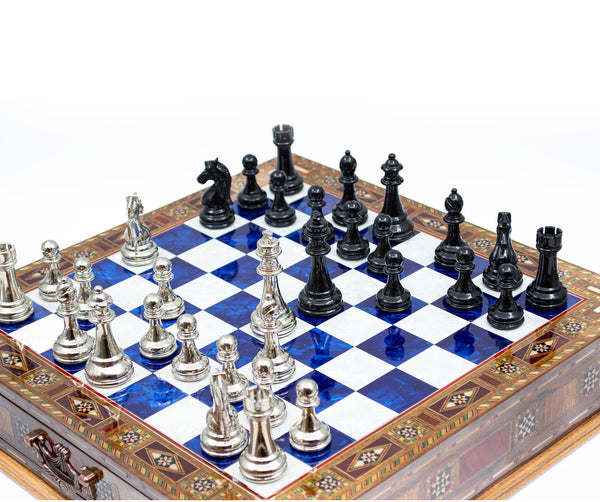
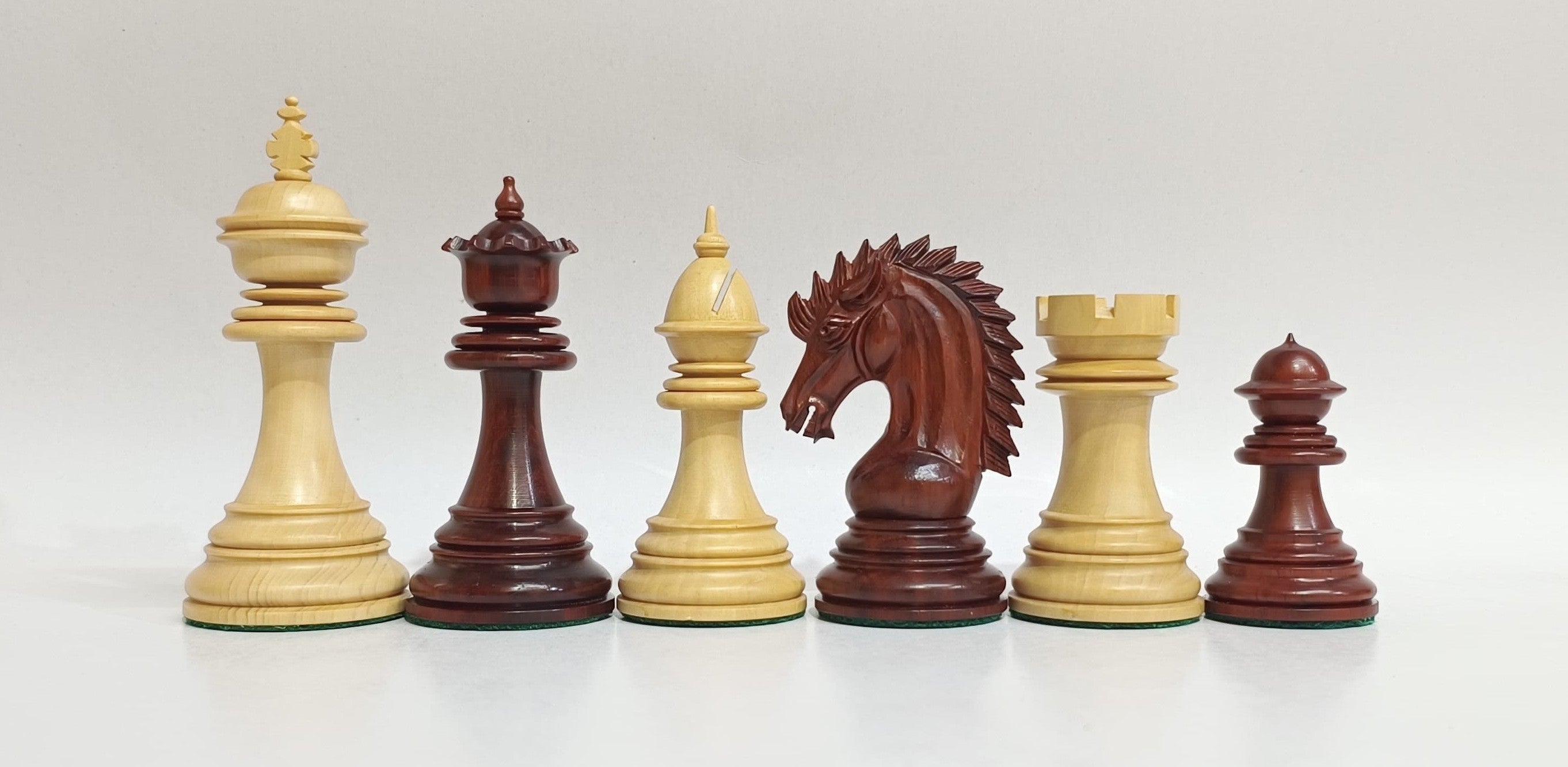
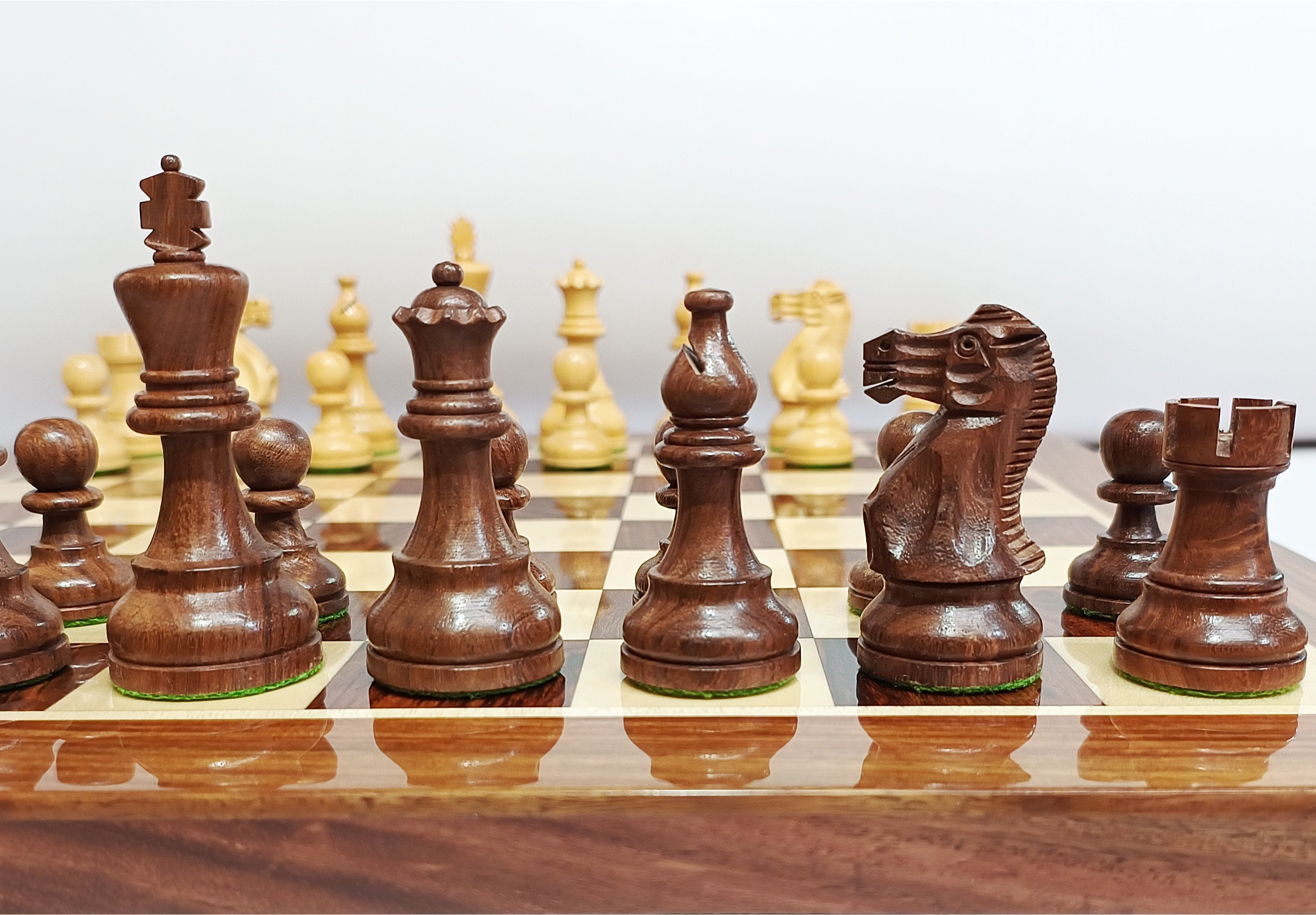

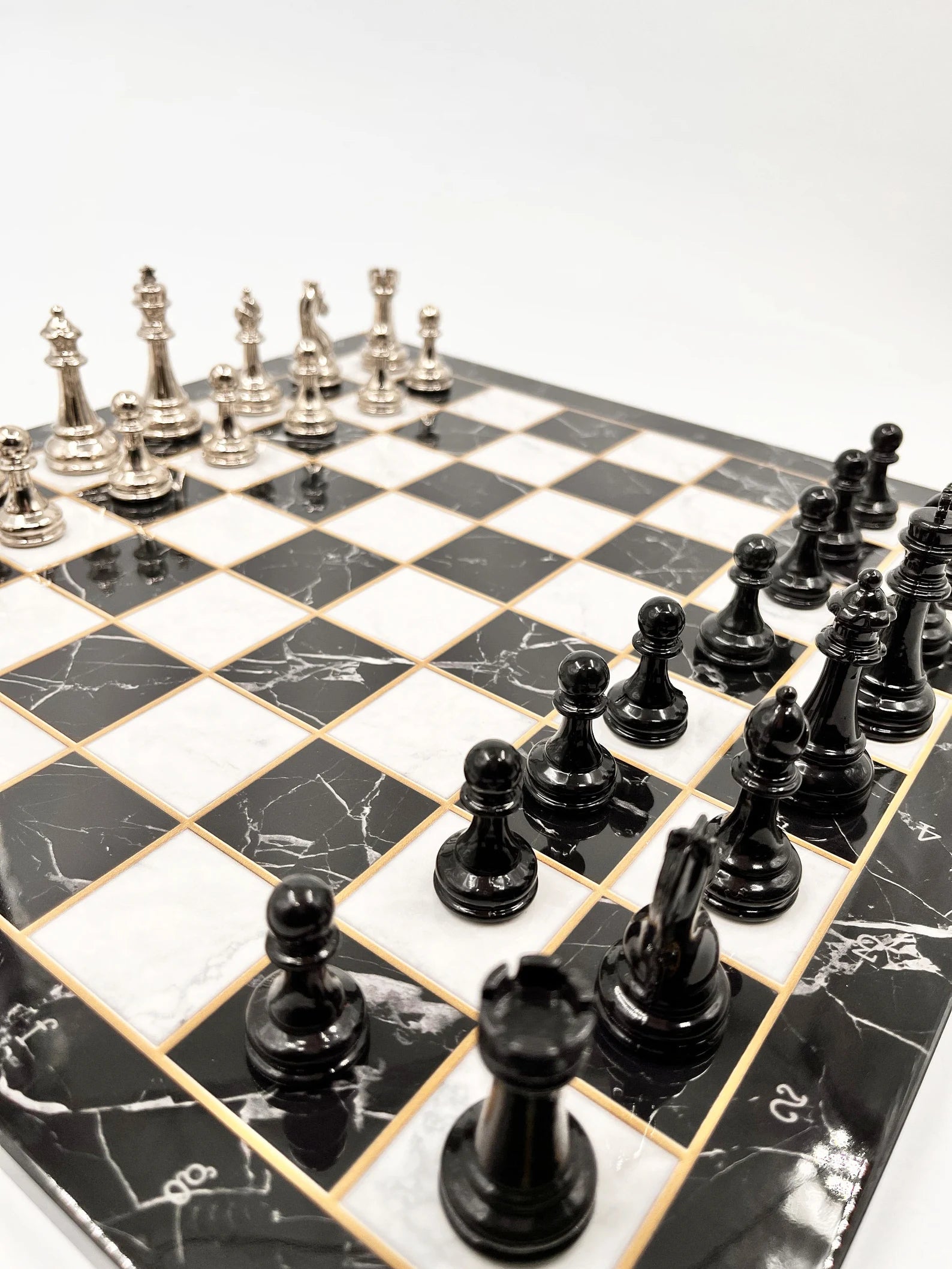

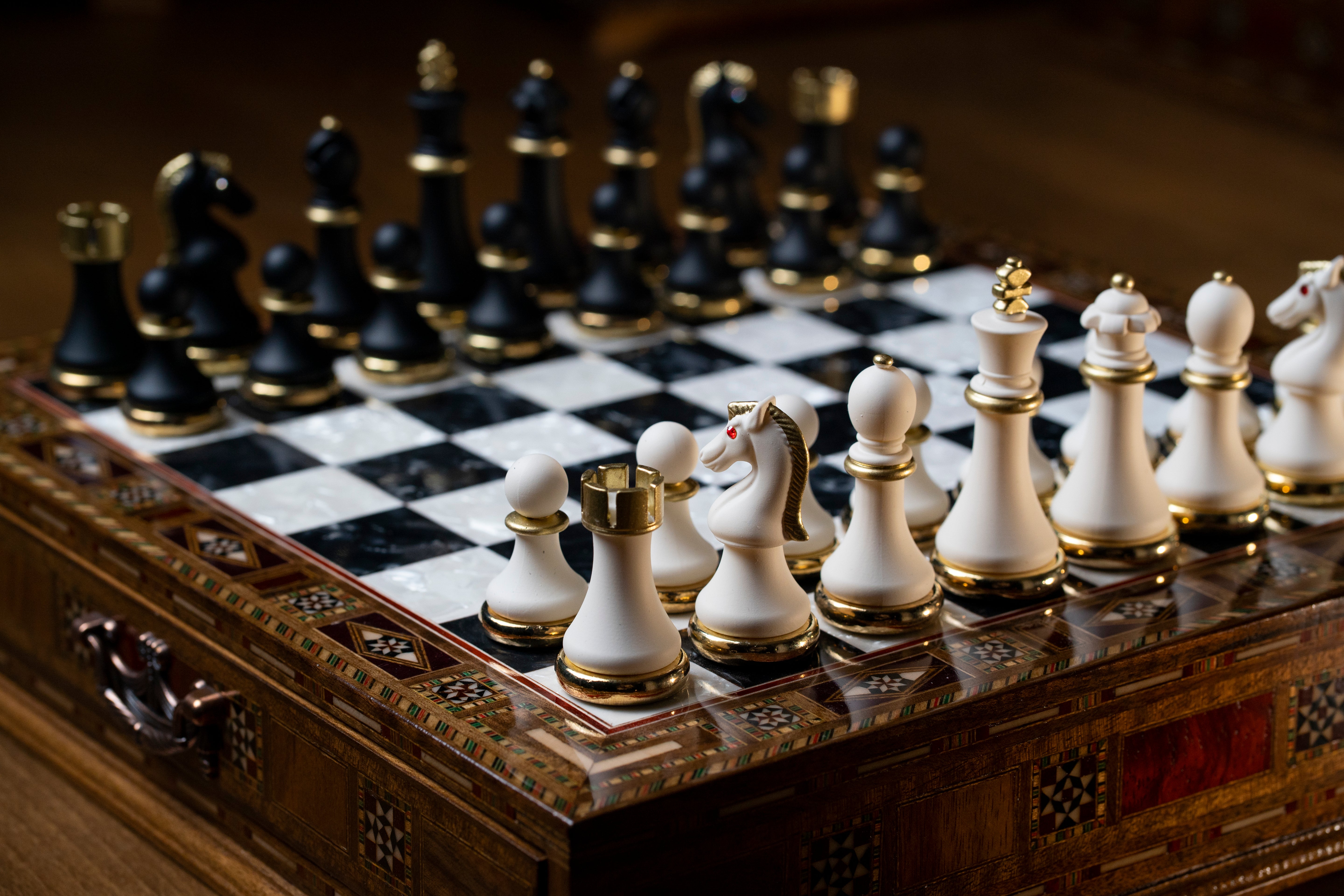

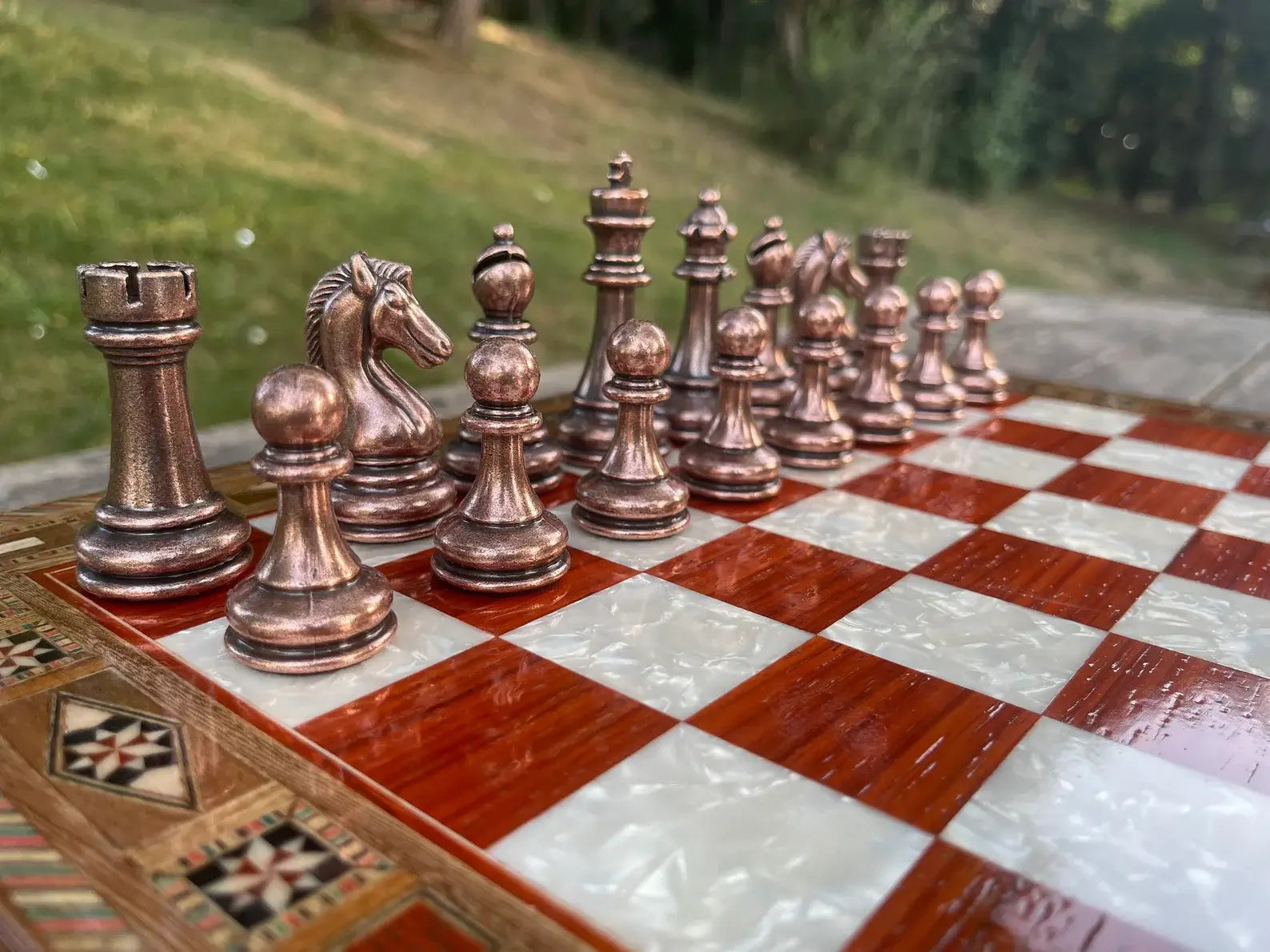
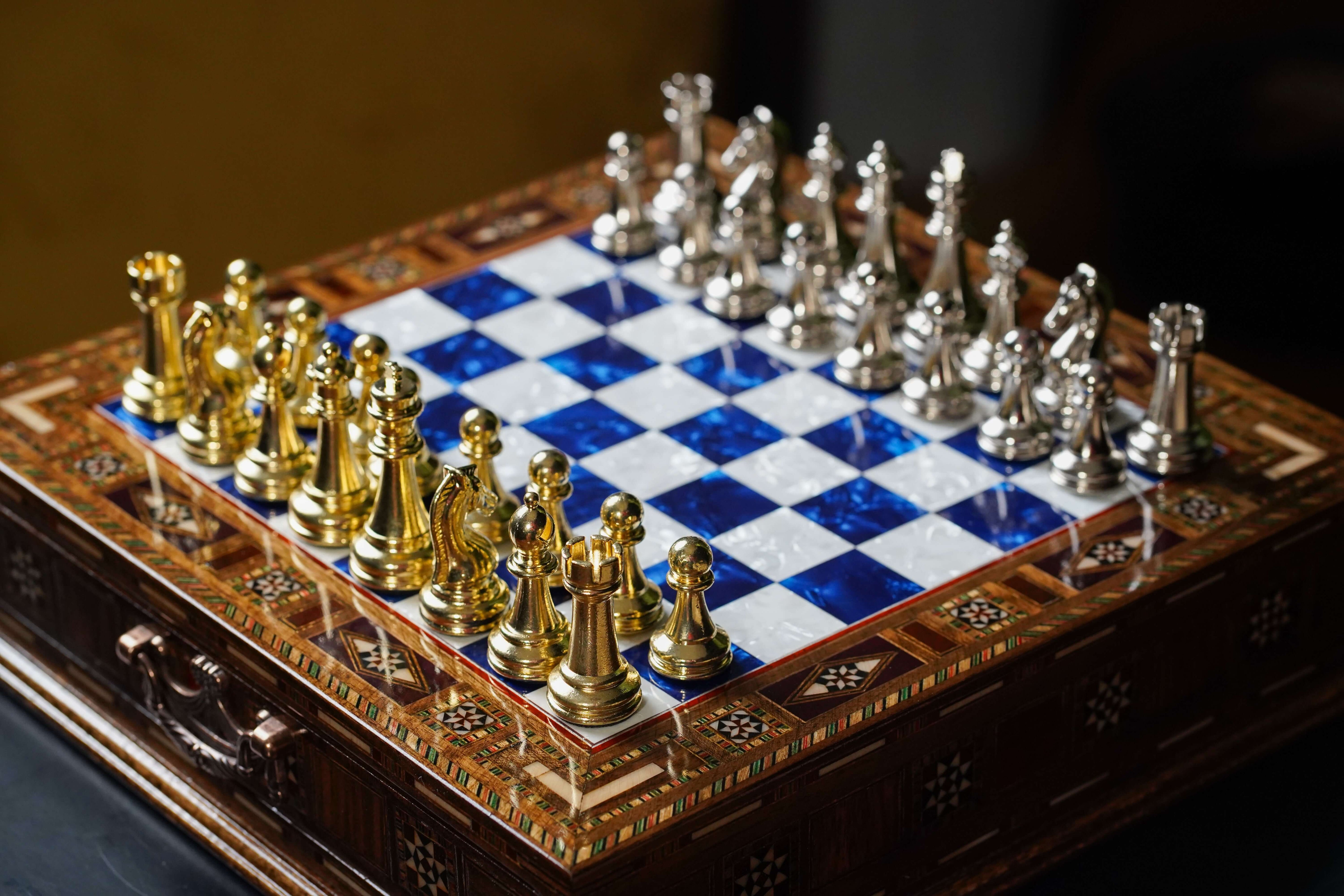
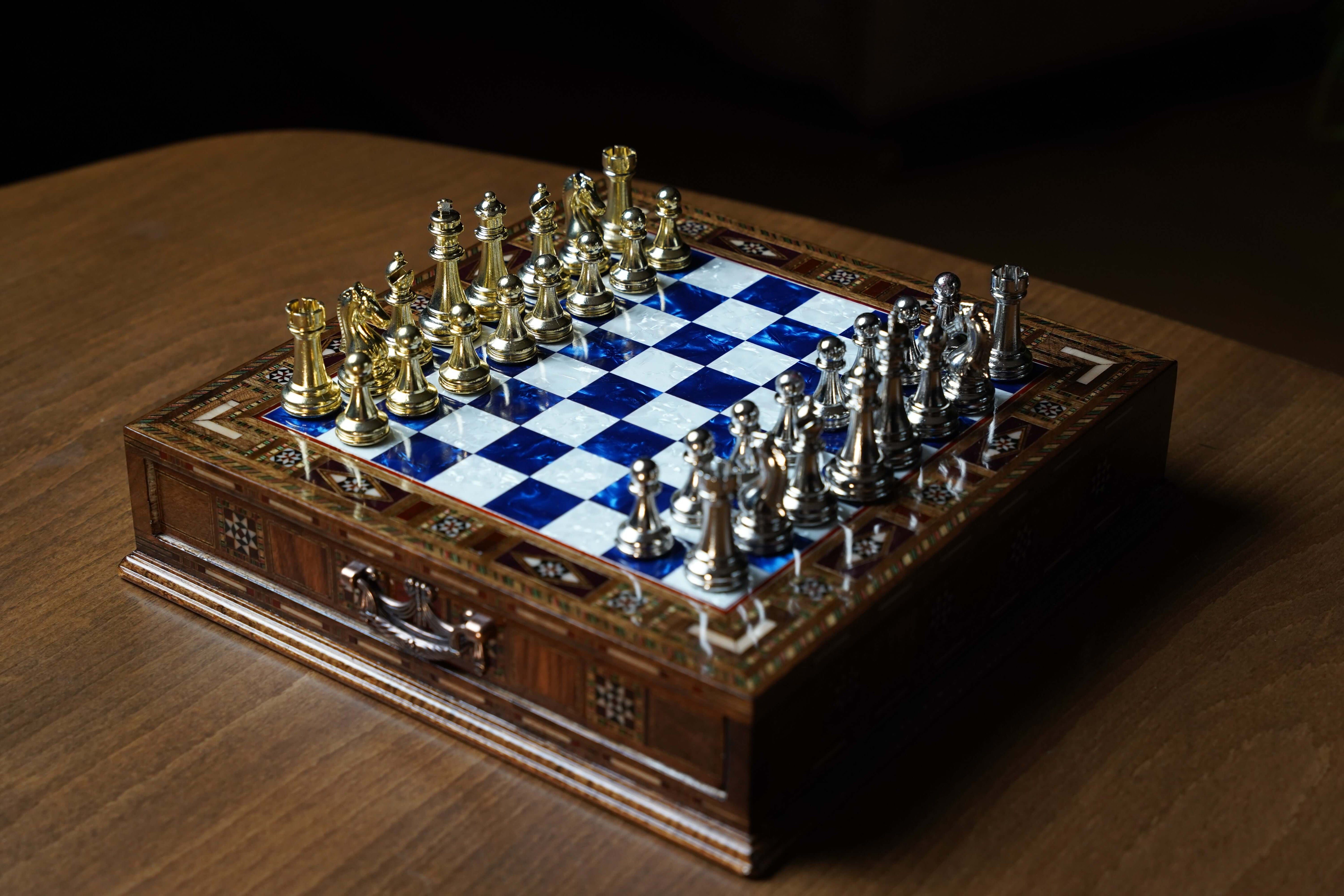
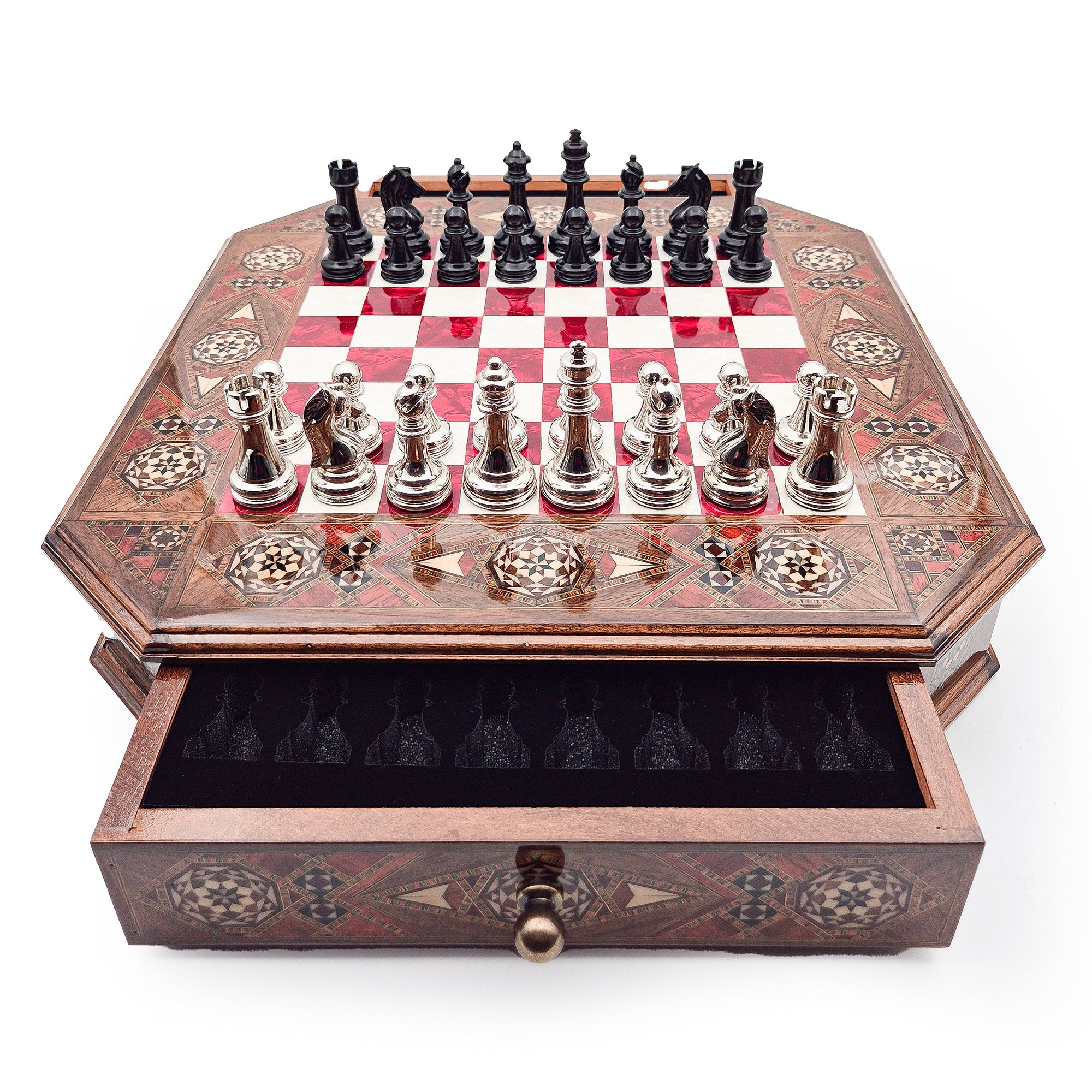
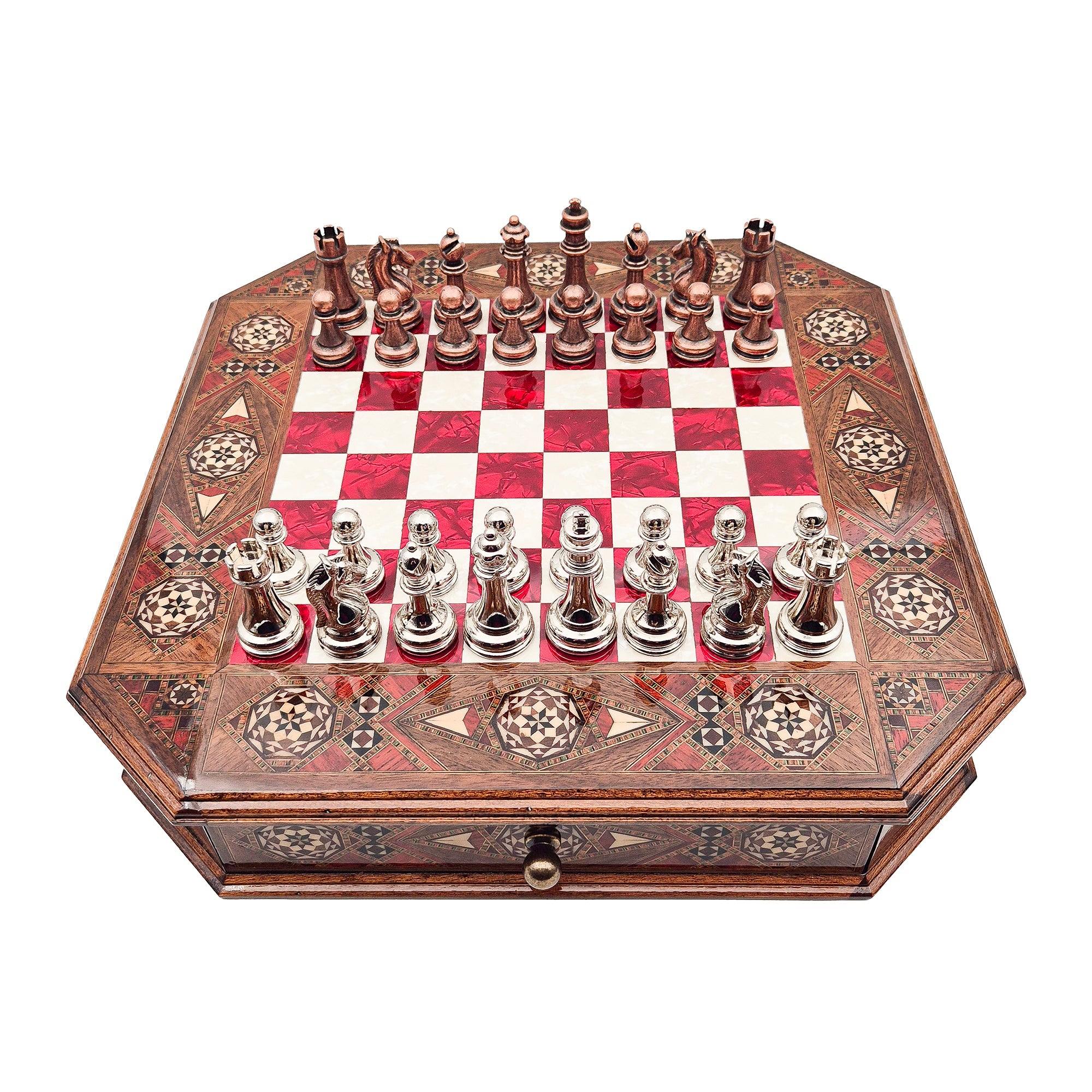
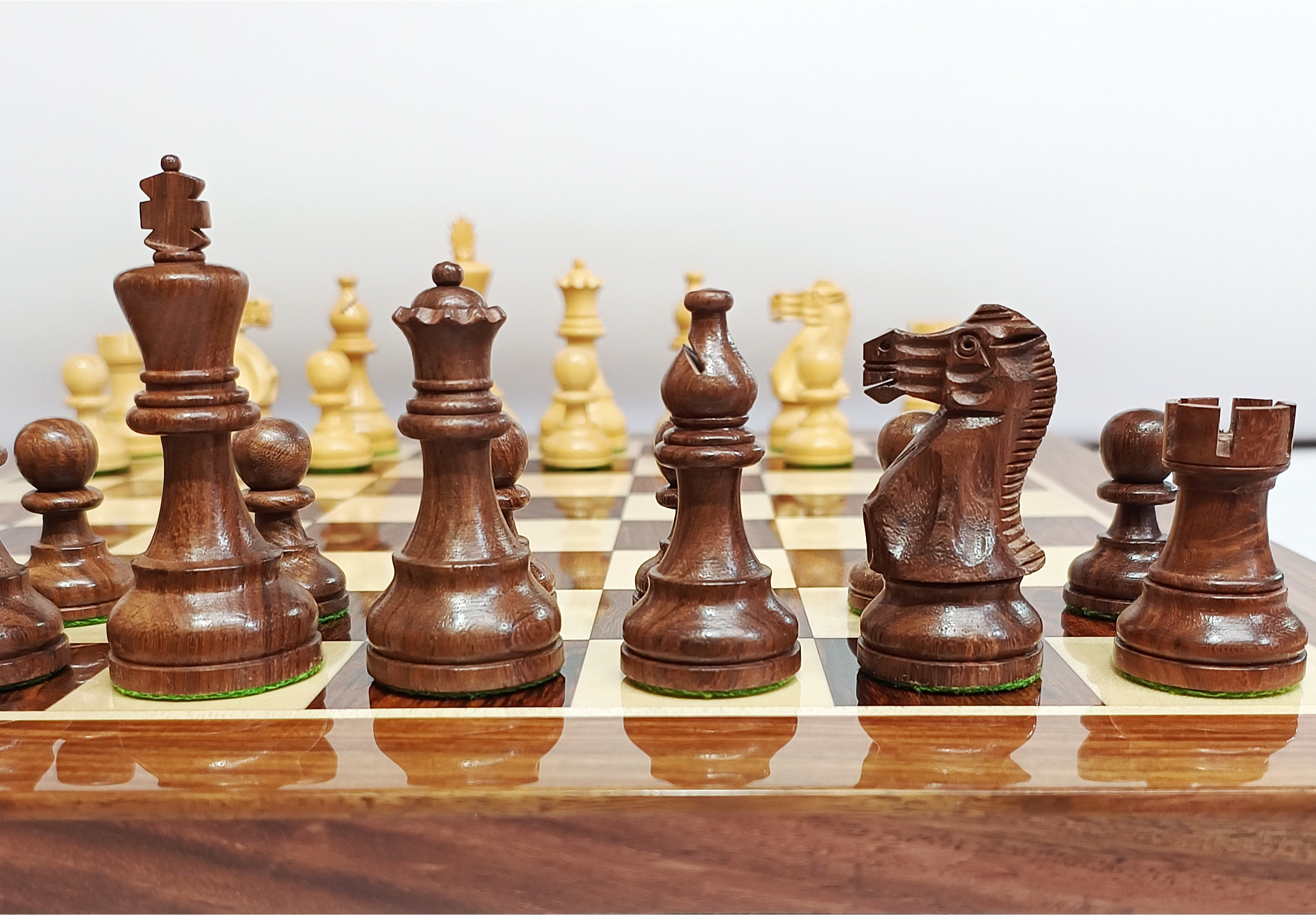
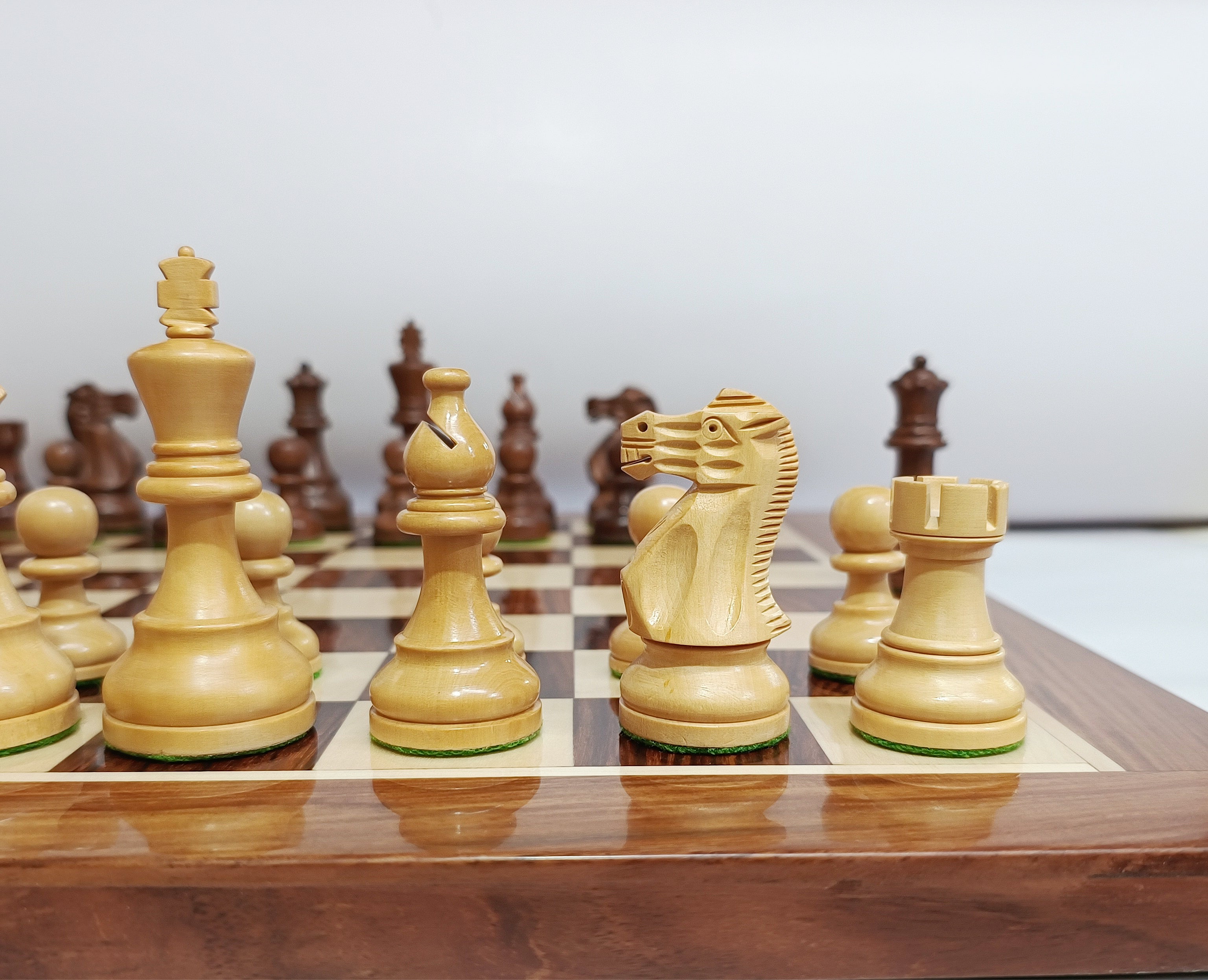
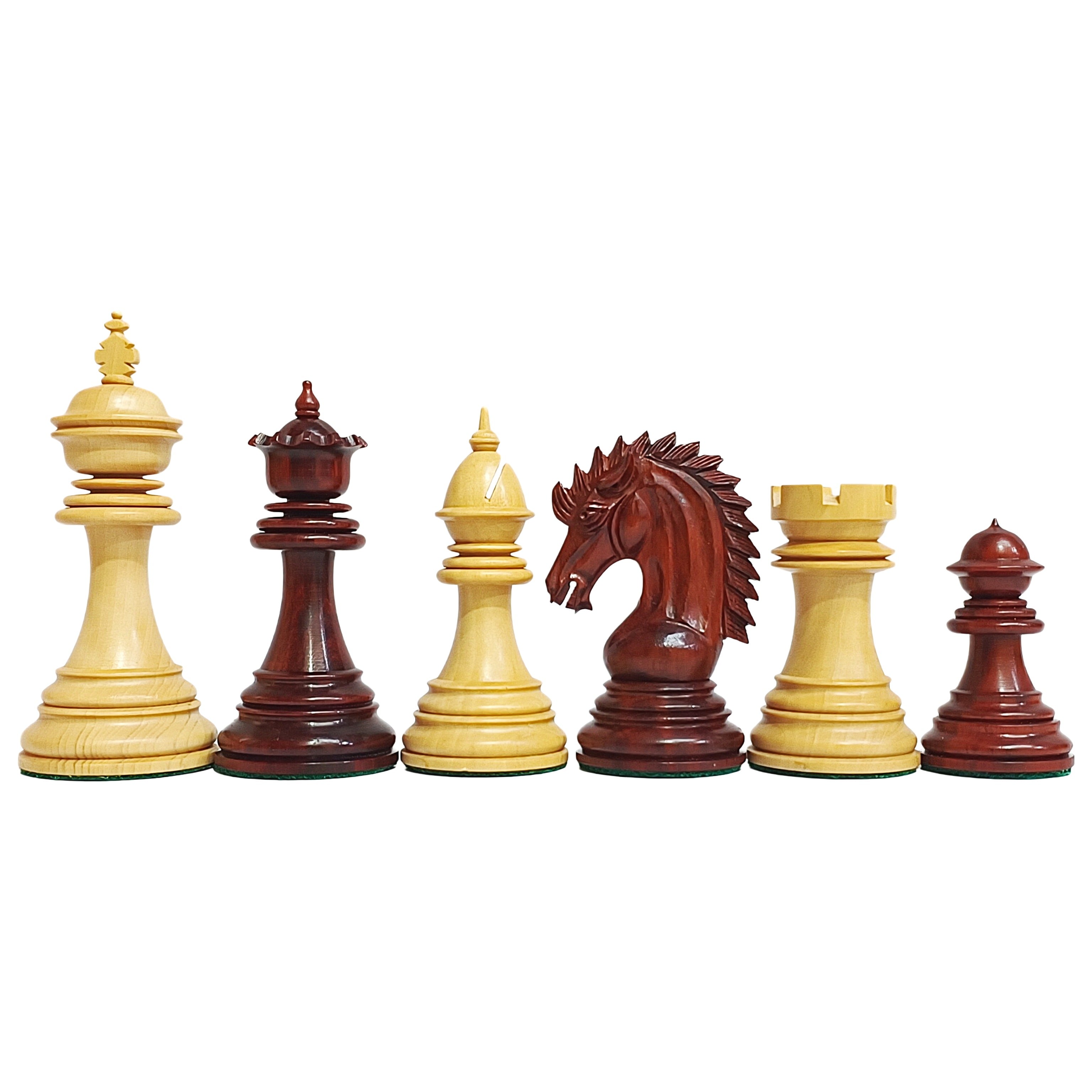
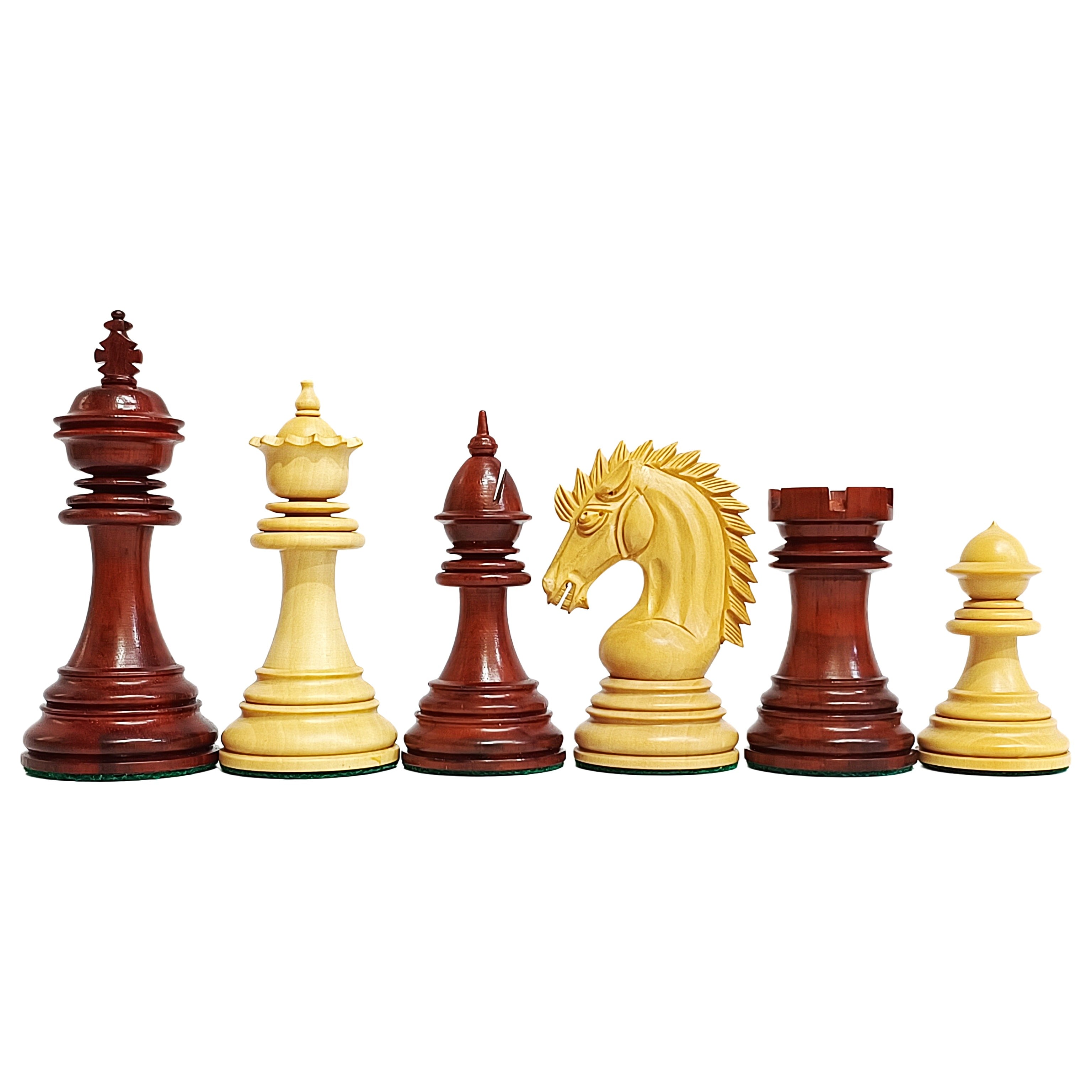
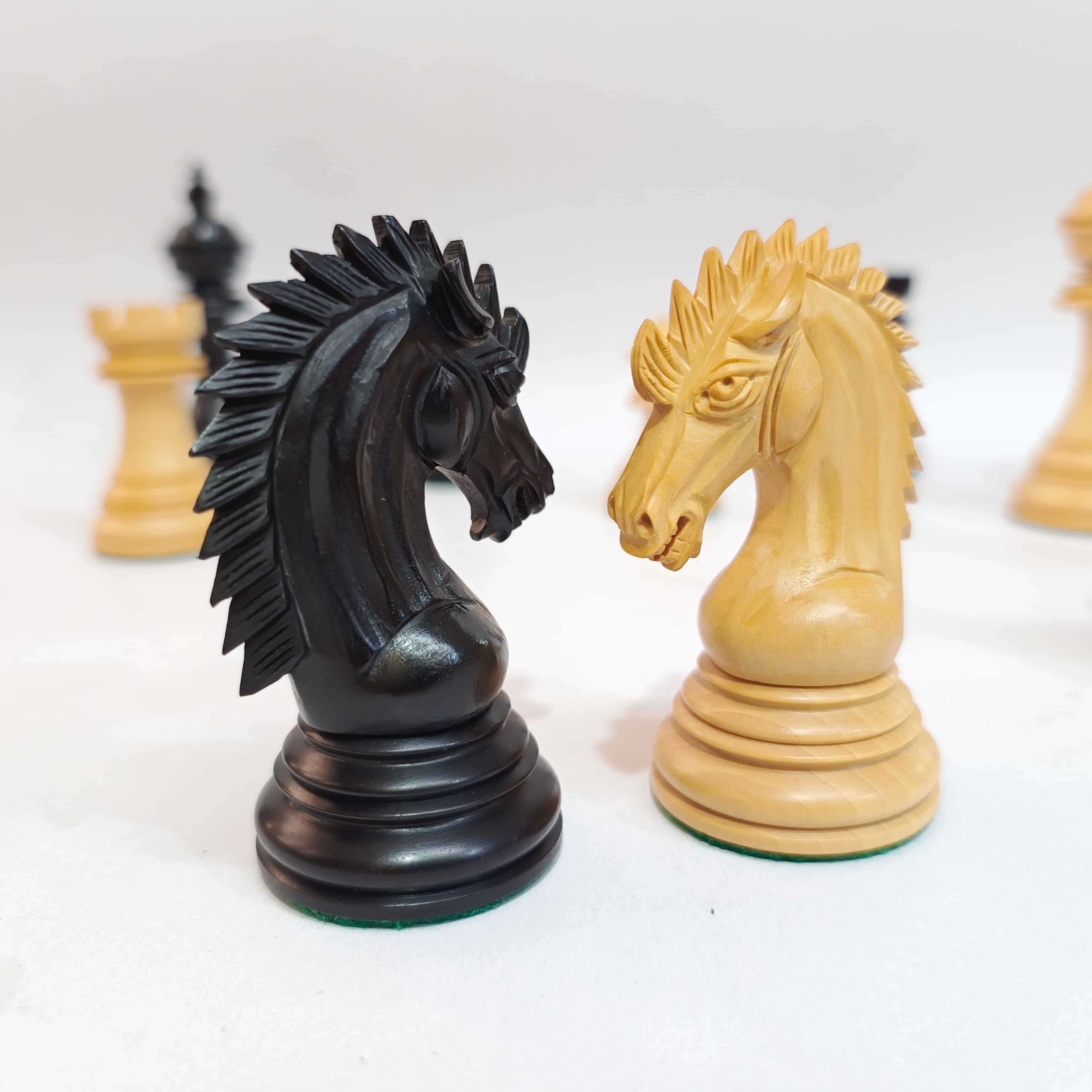
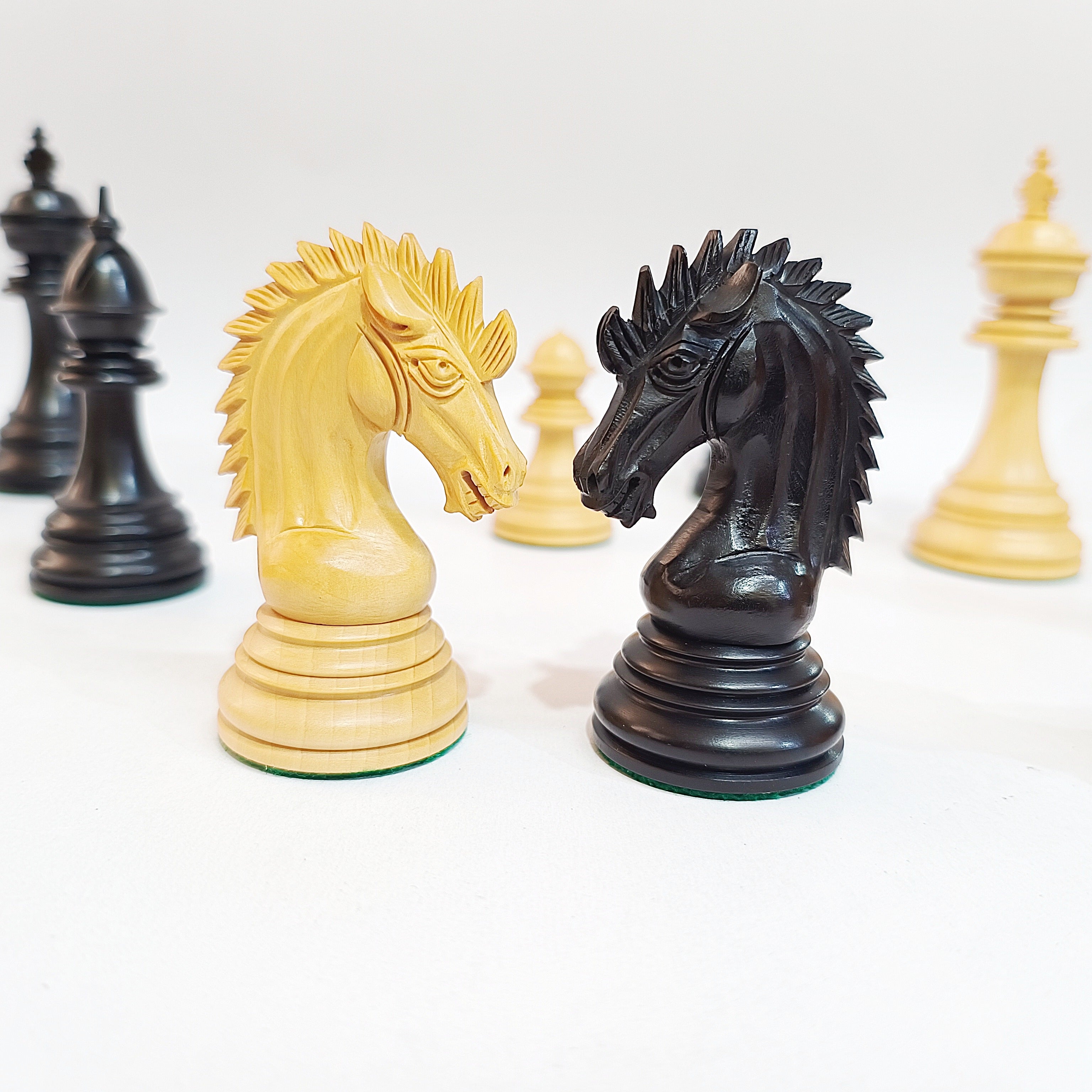
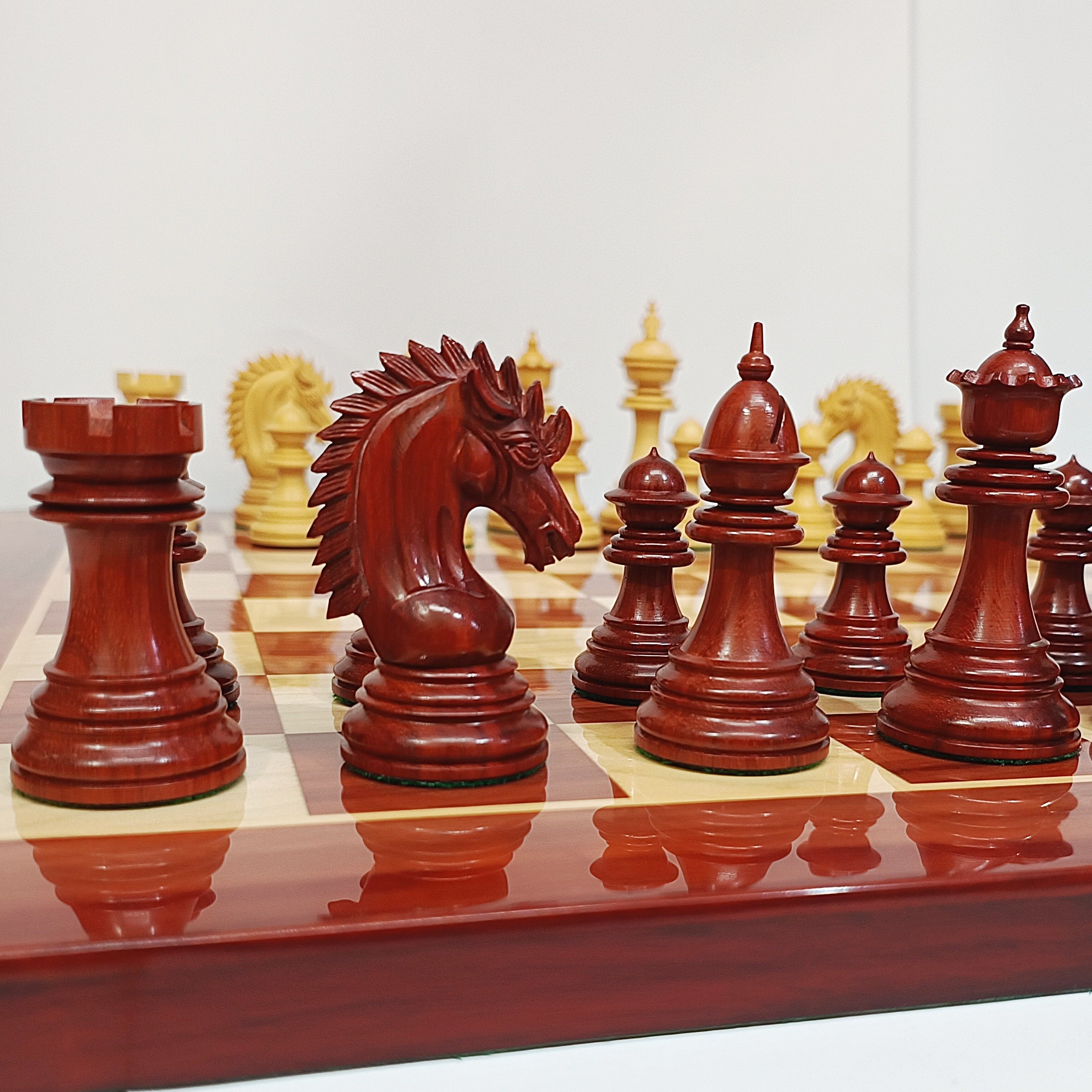
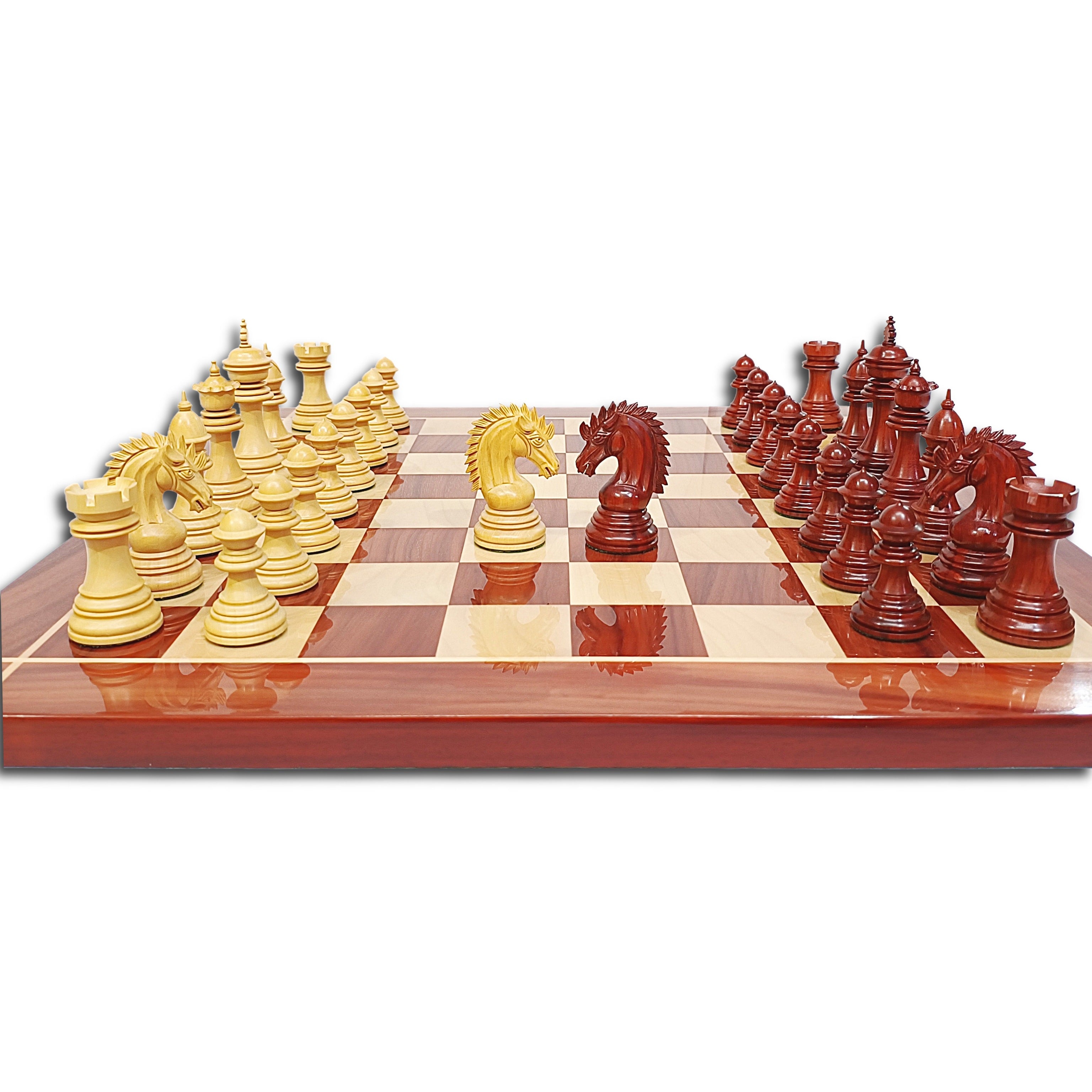
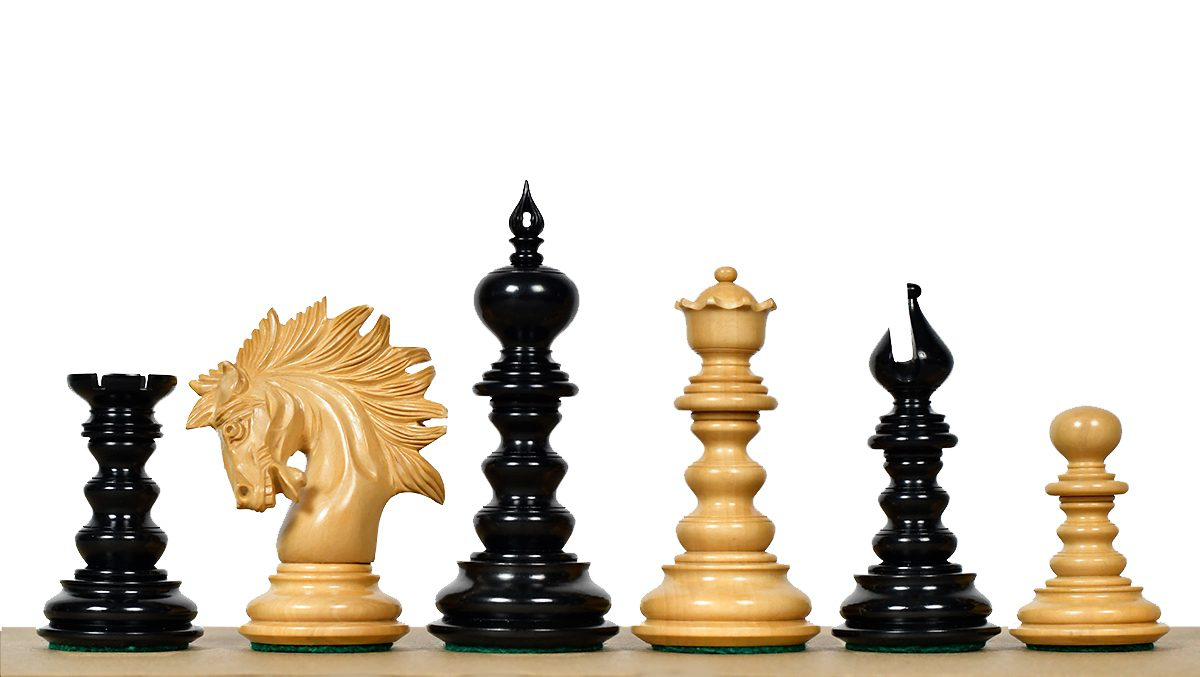
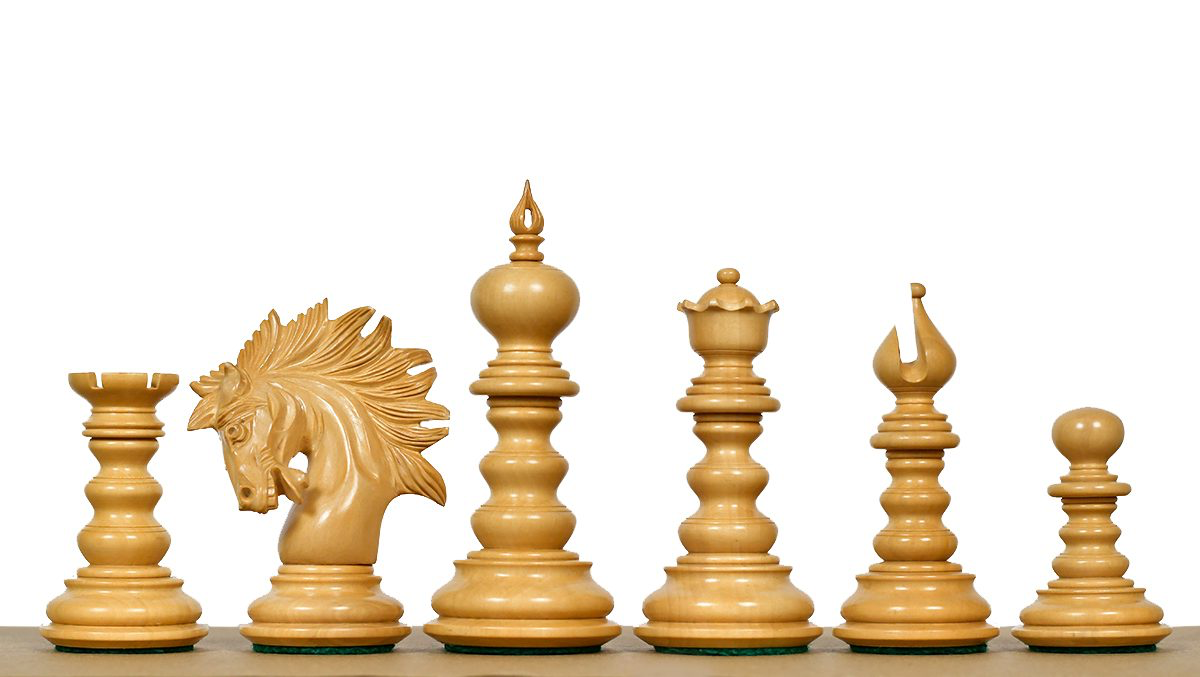
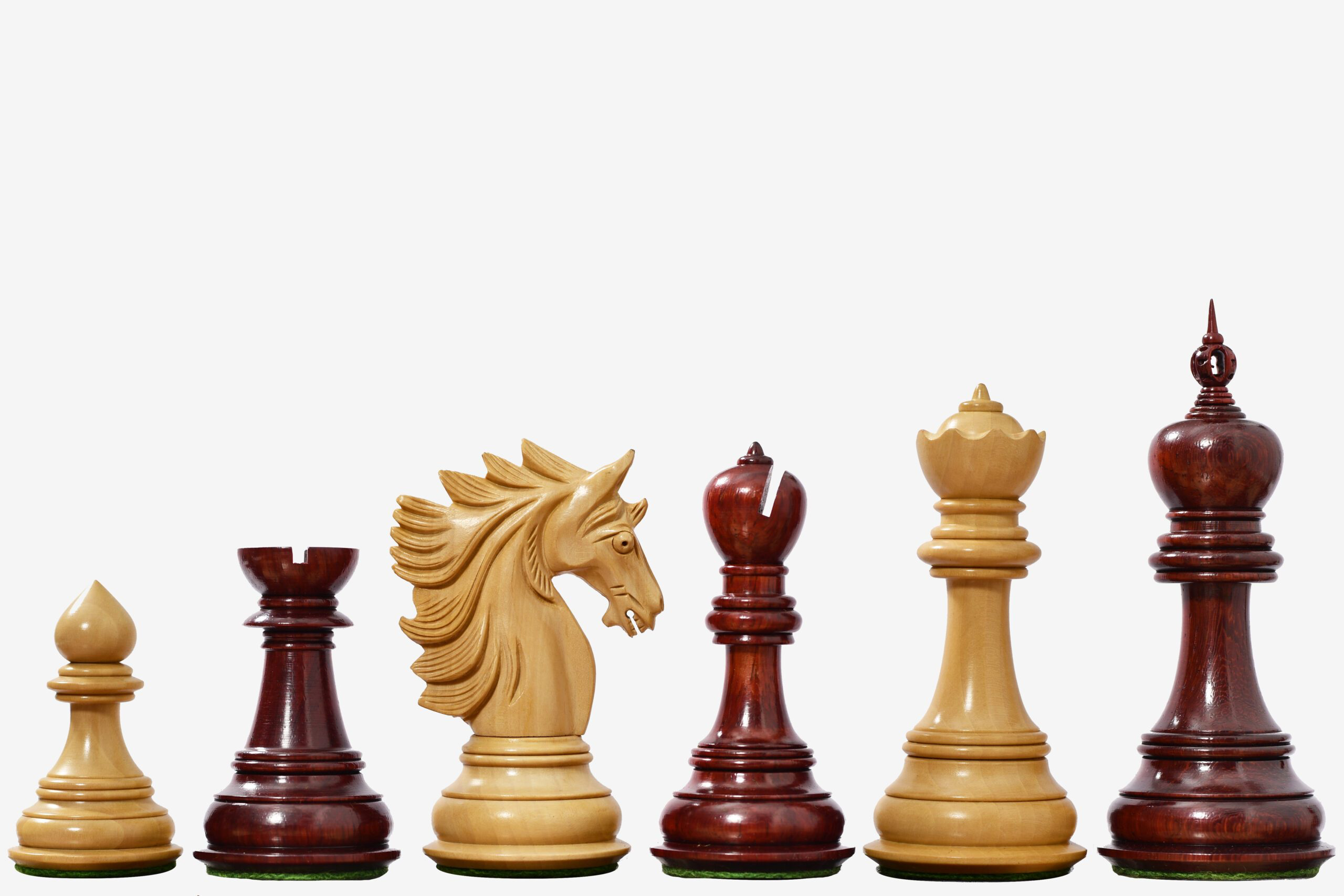
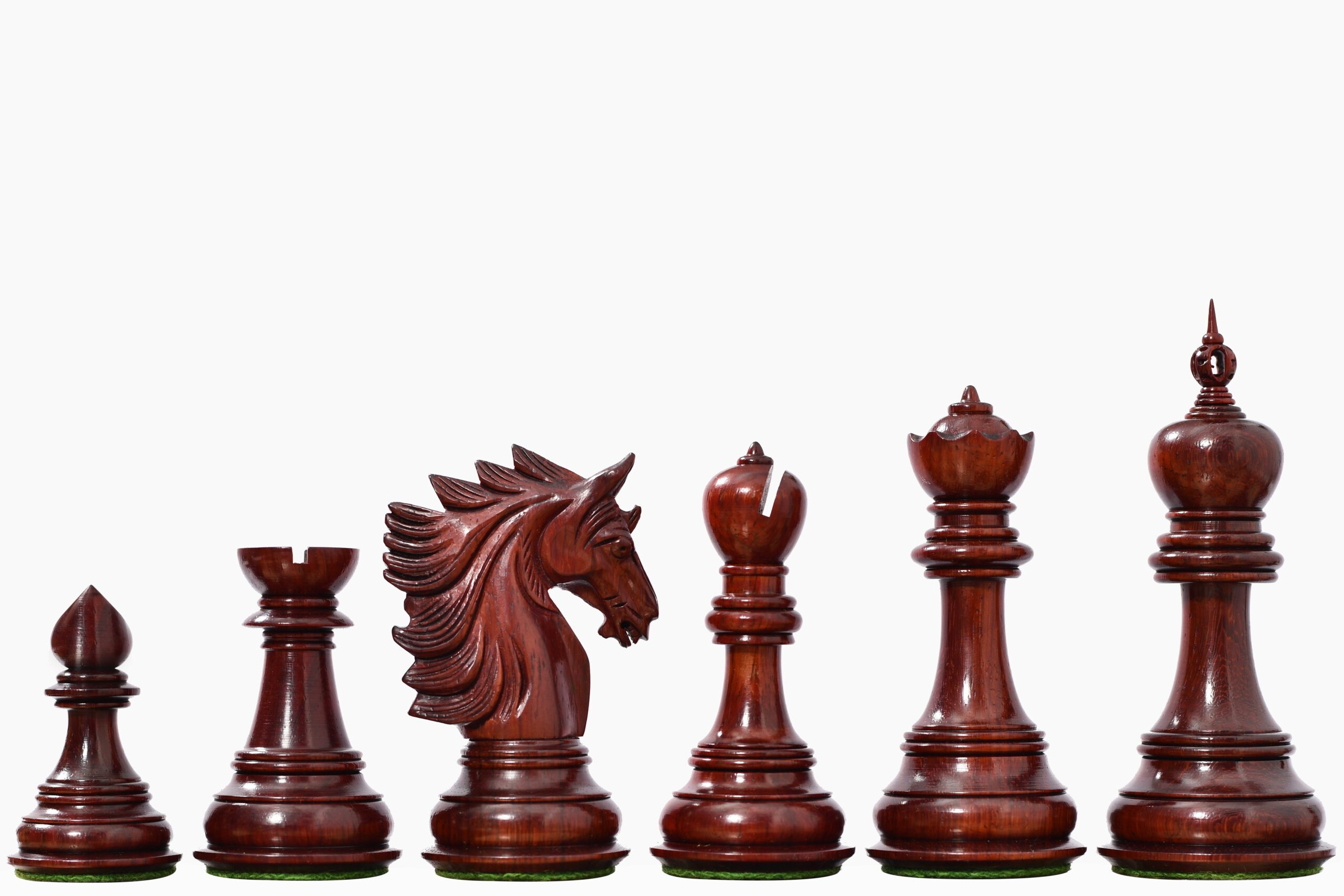
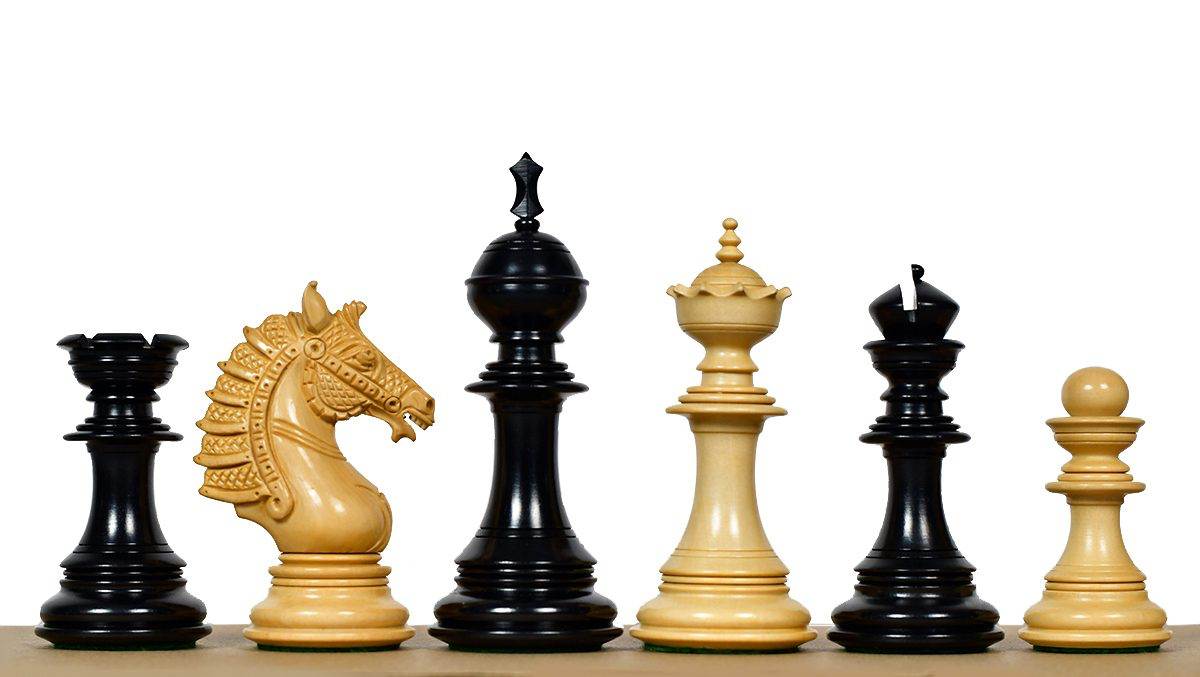
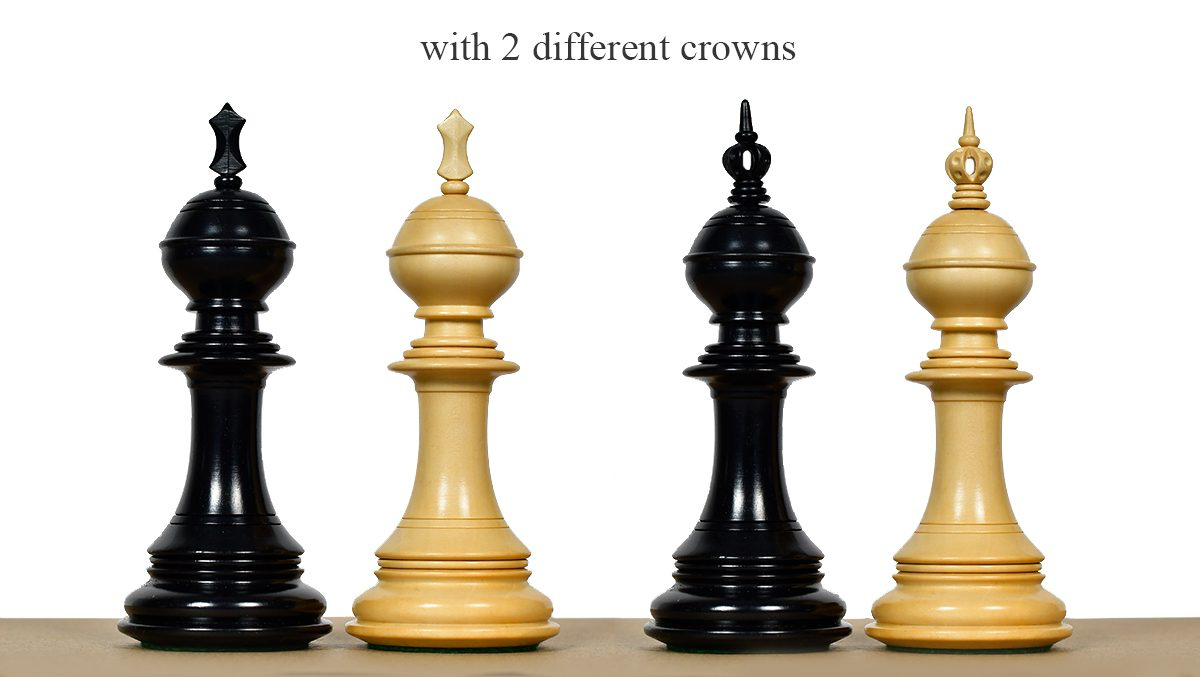
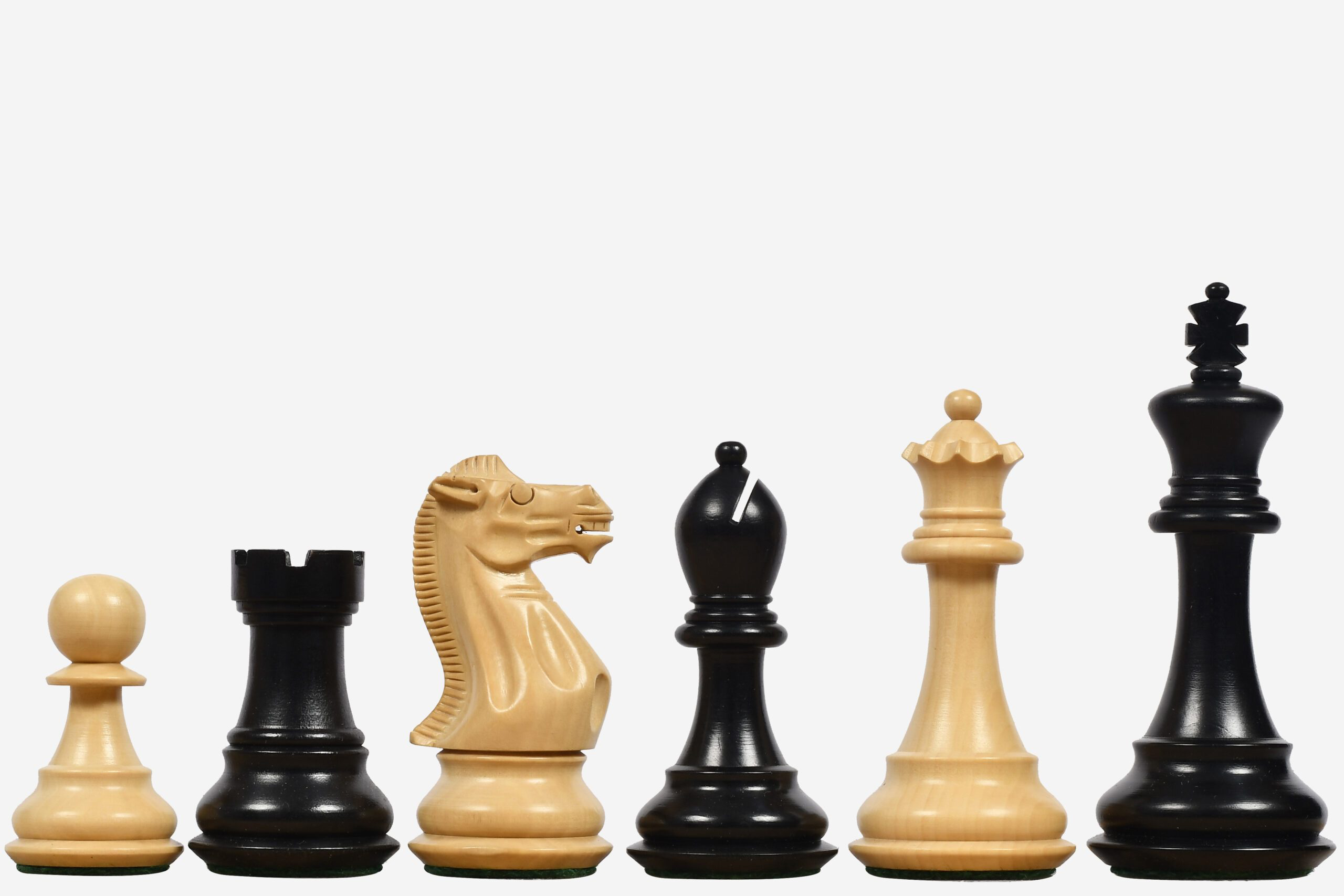
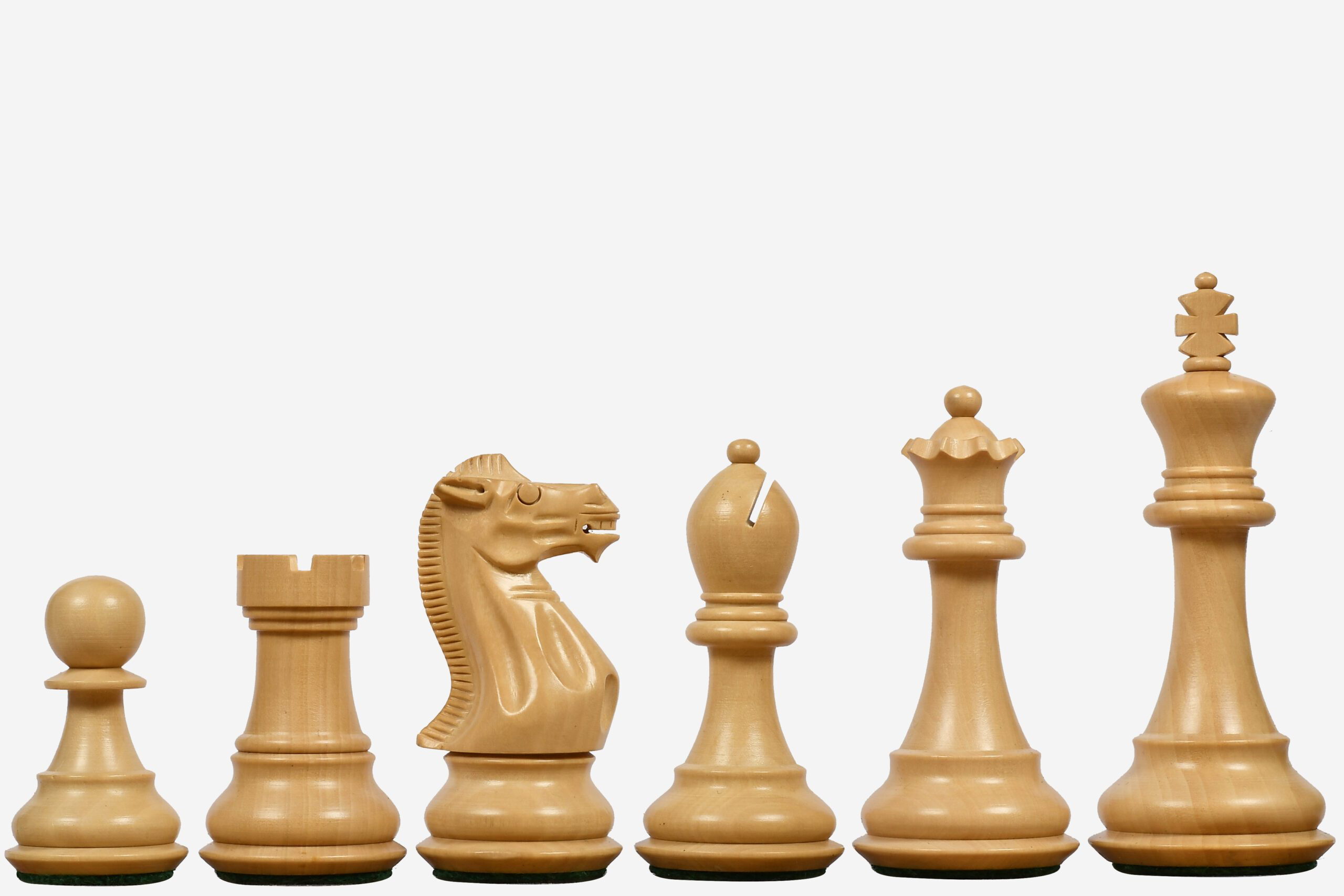
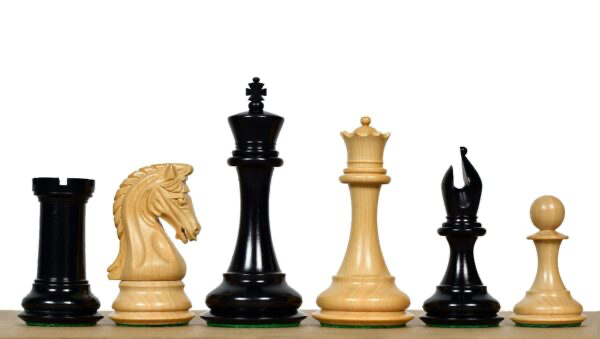
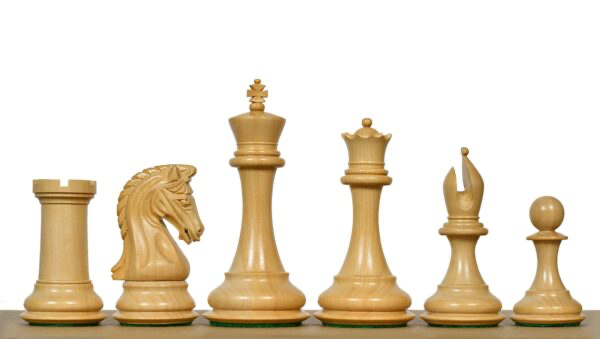
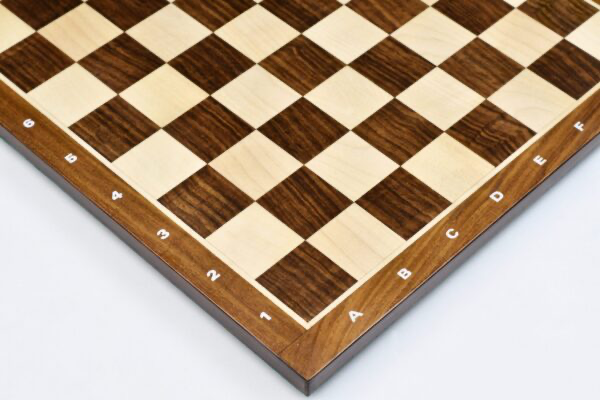
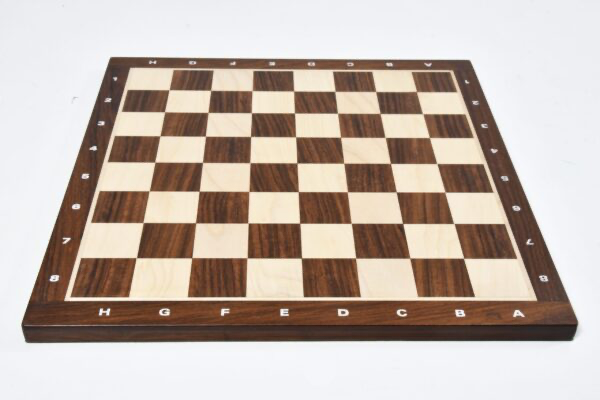
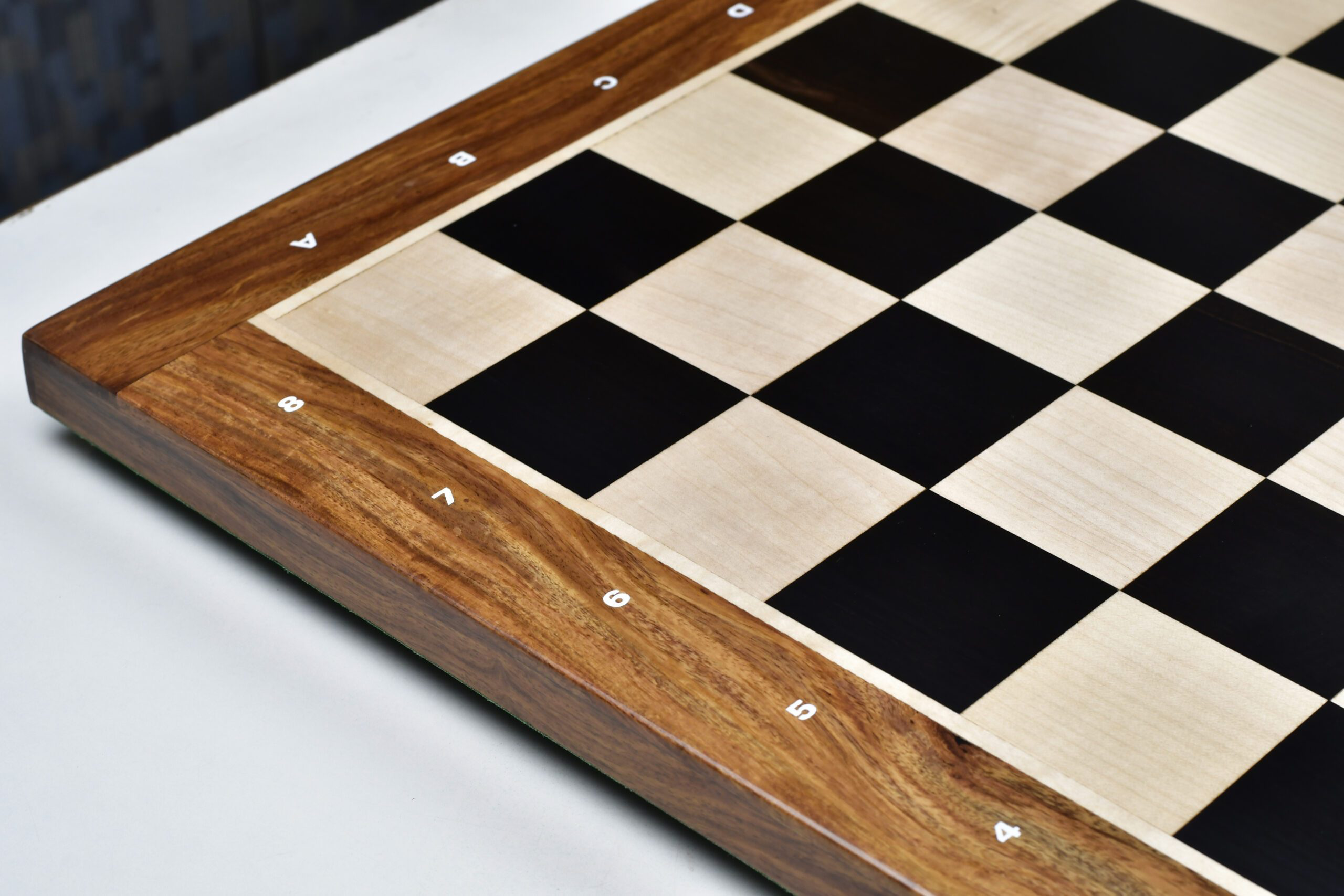
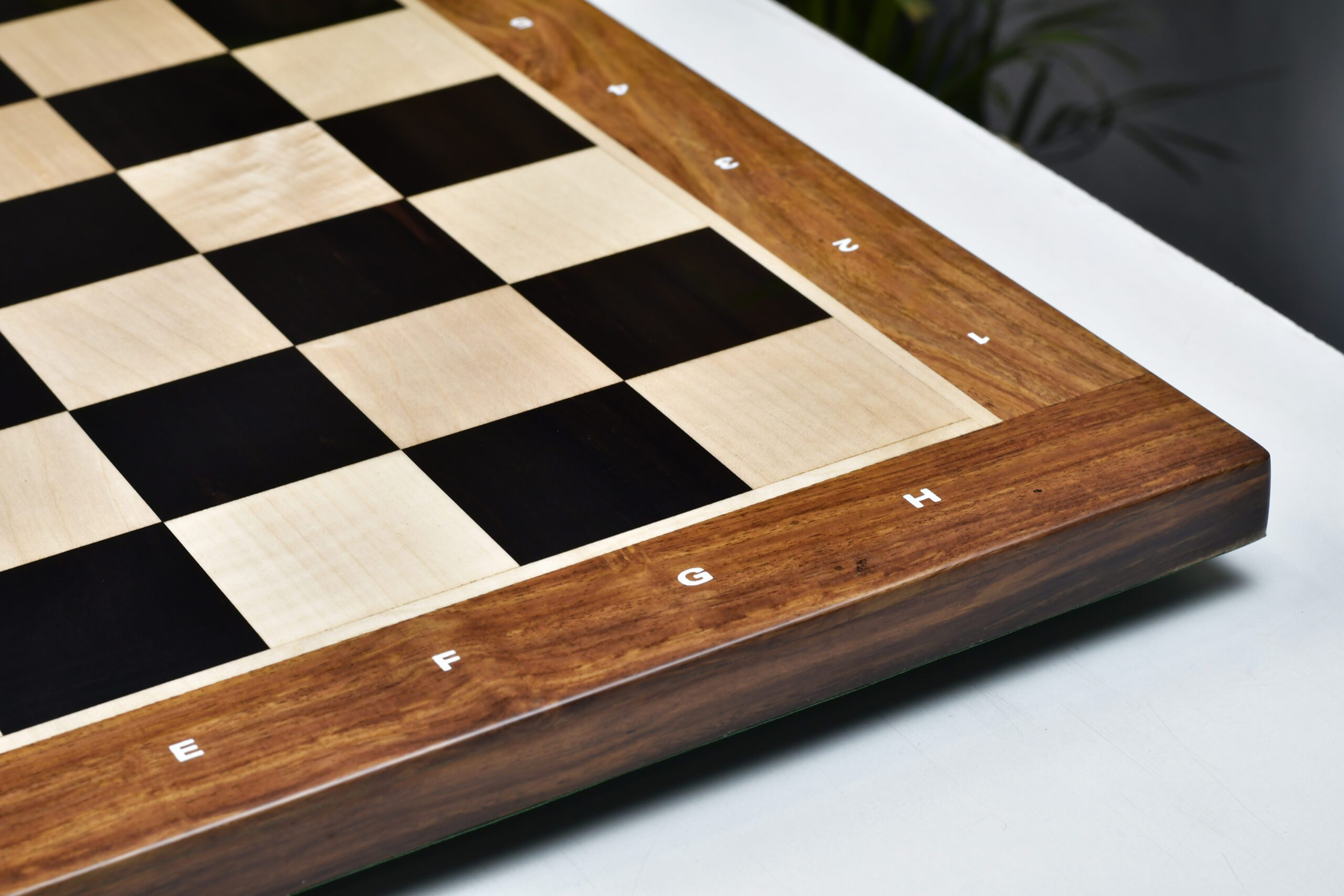
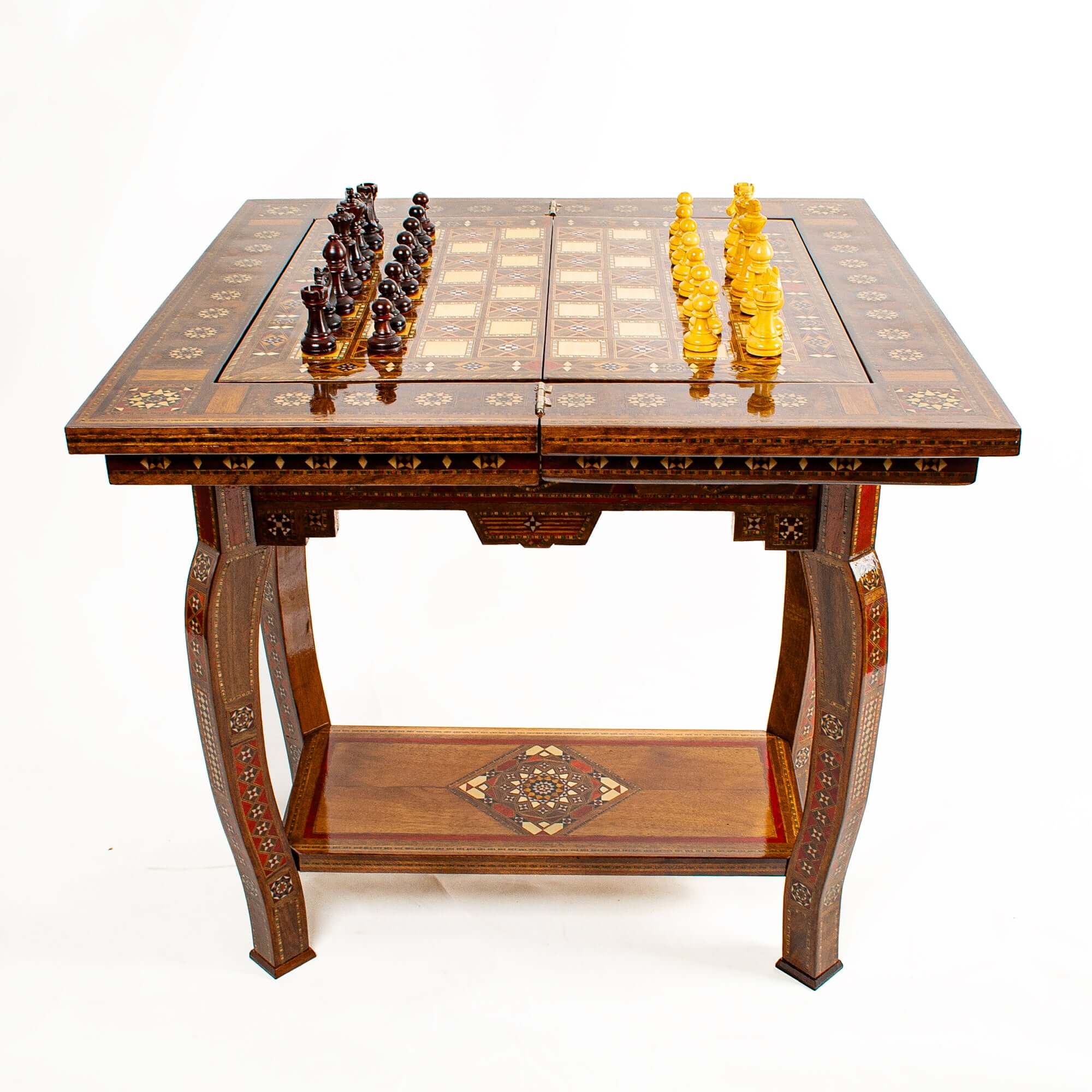

Leave a comment
All comments are moderated before being published.
This site is protected by hCaptcha and the hCaptcha Privacy Policy and Terms of Service apply.